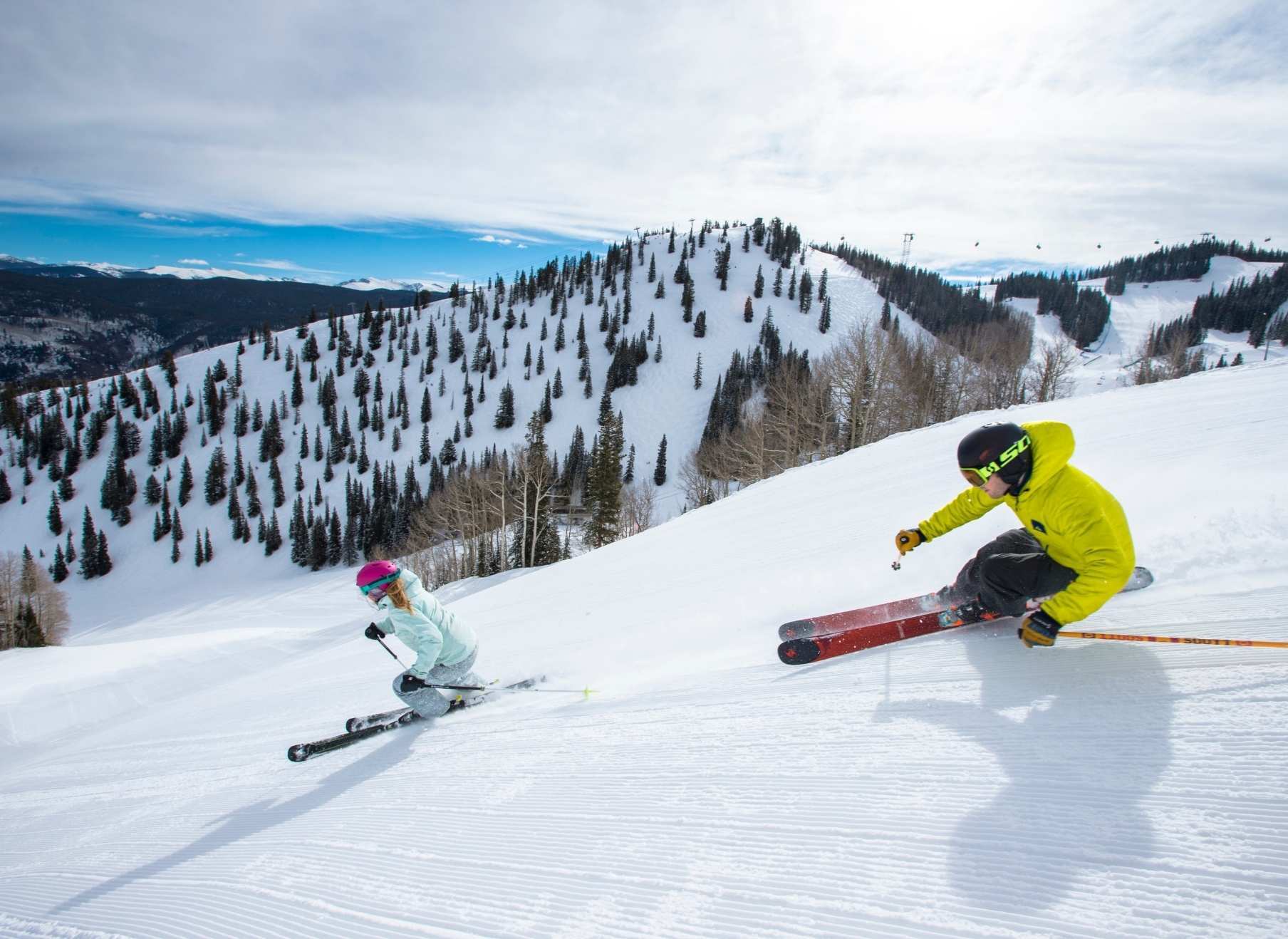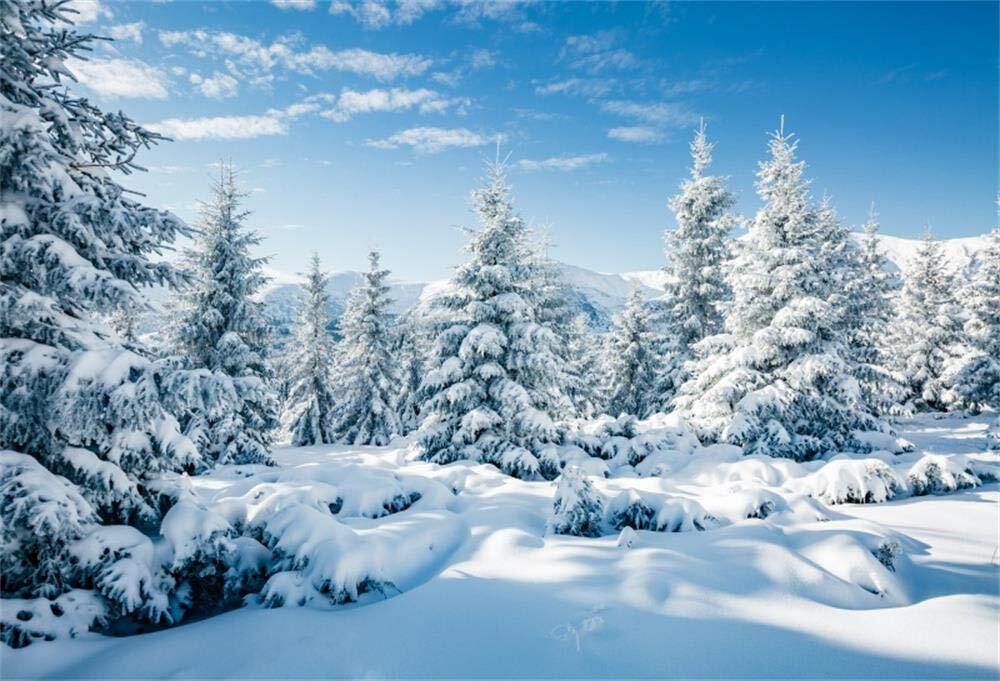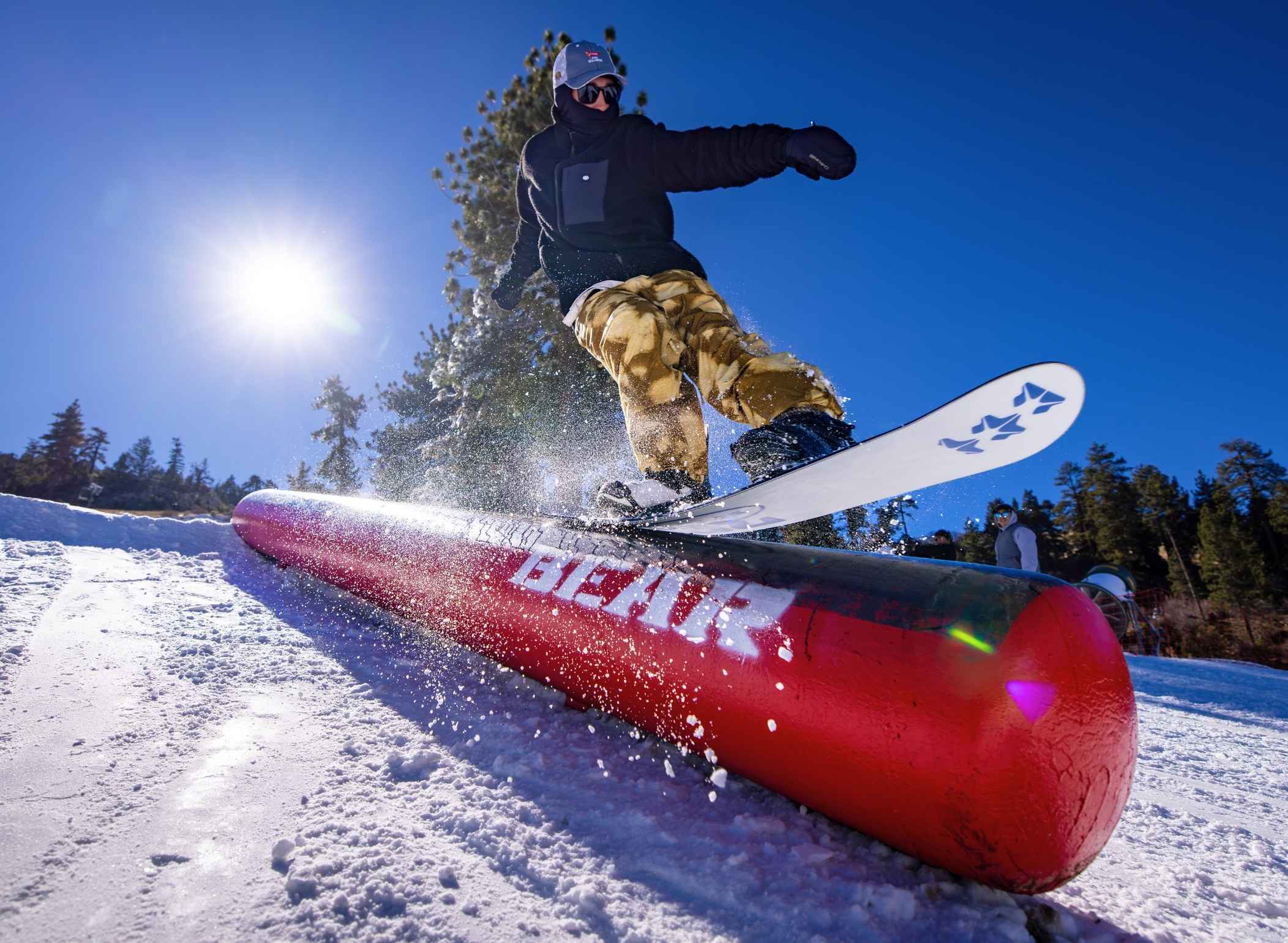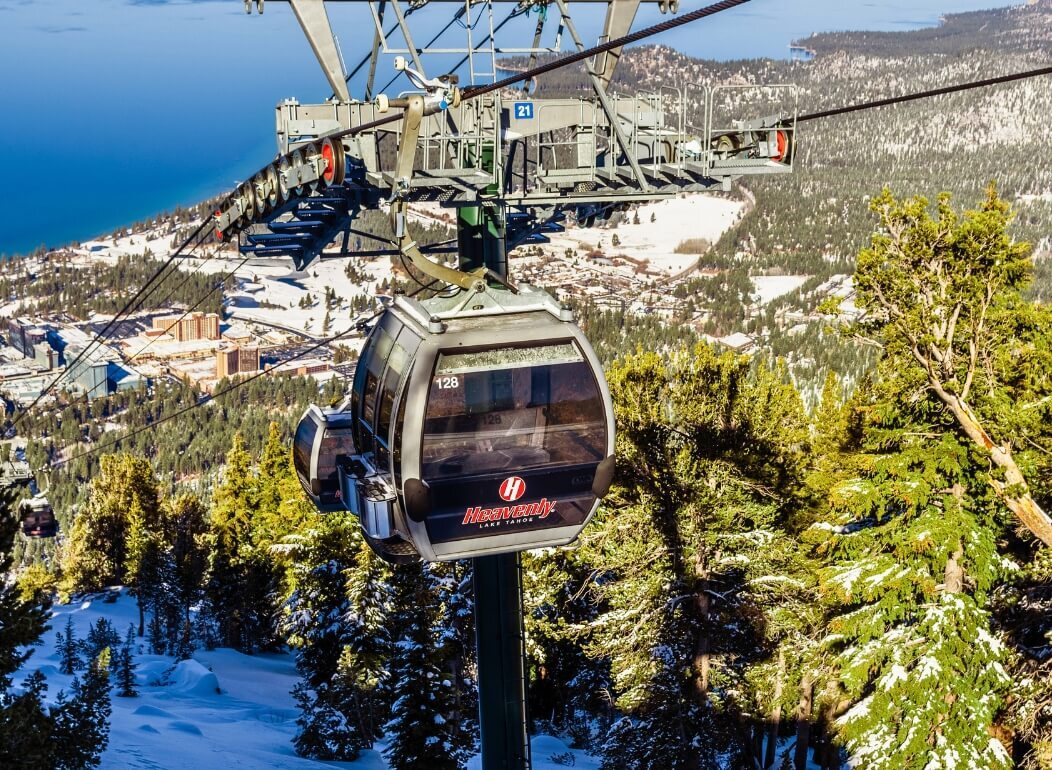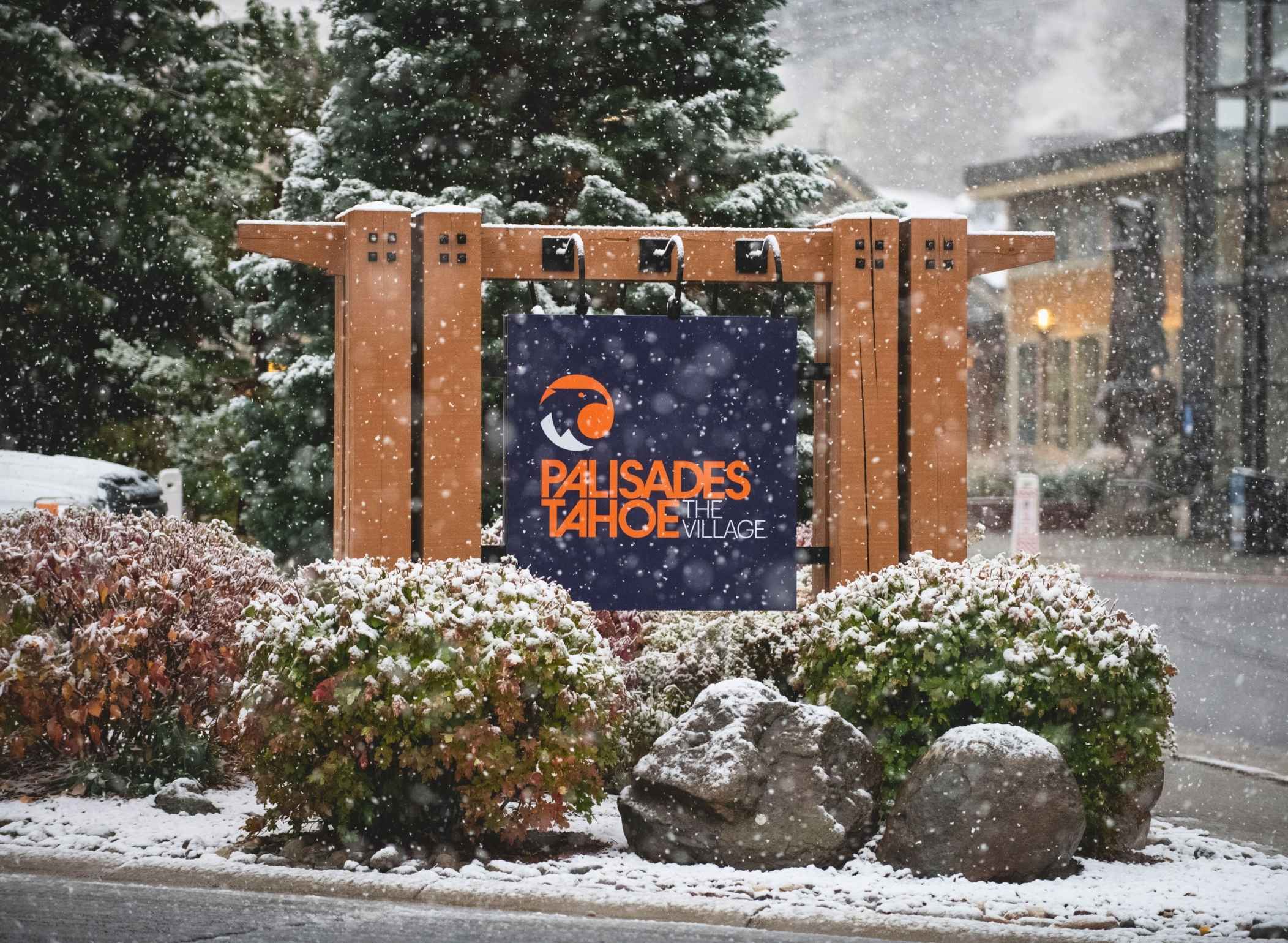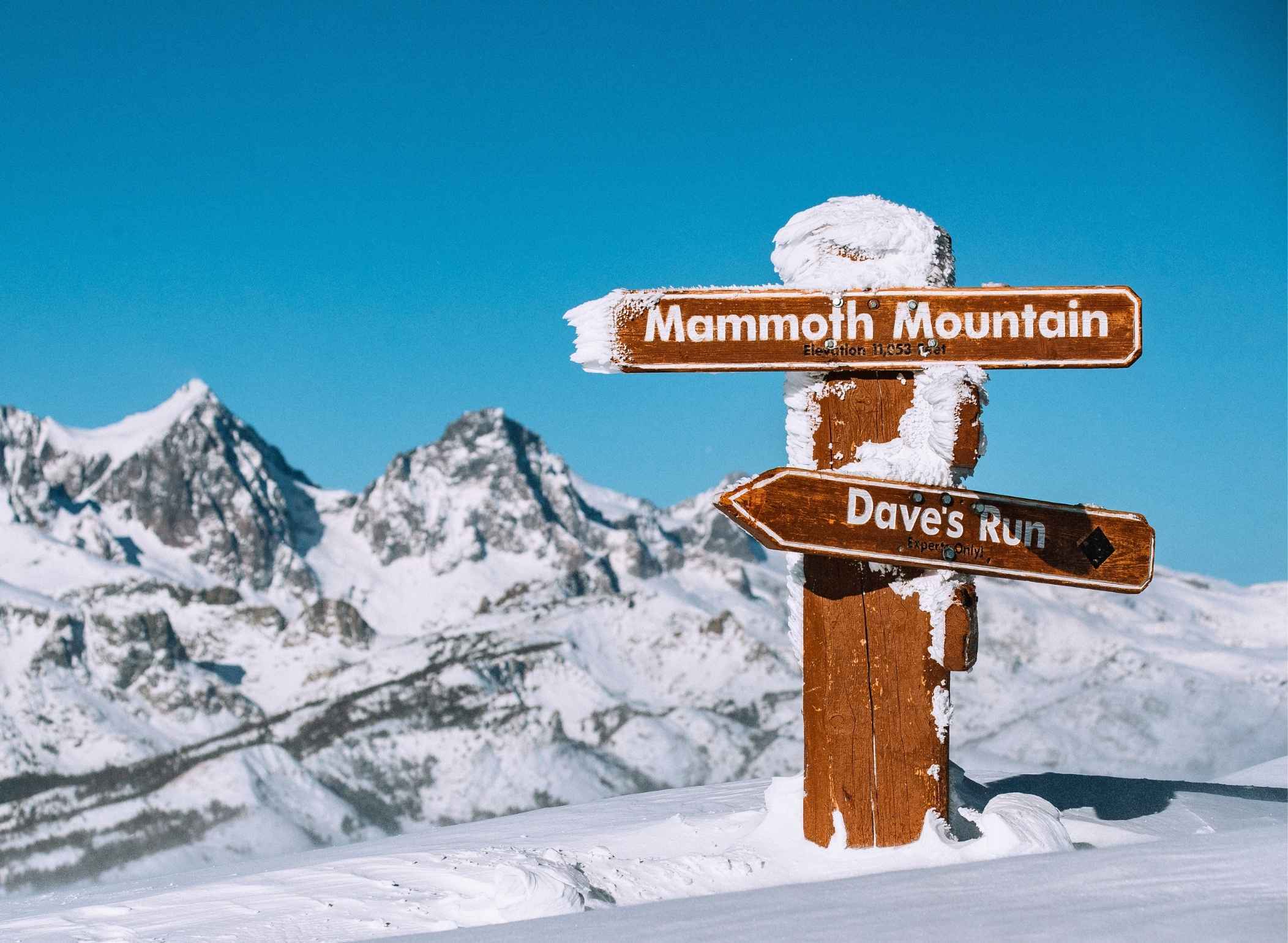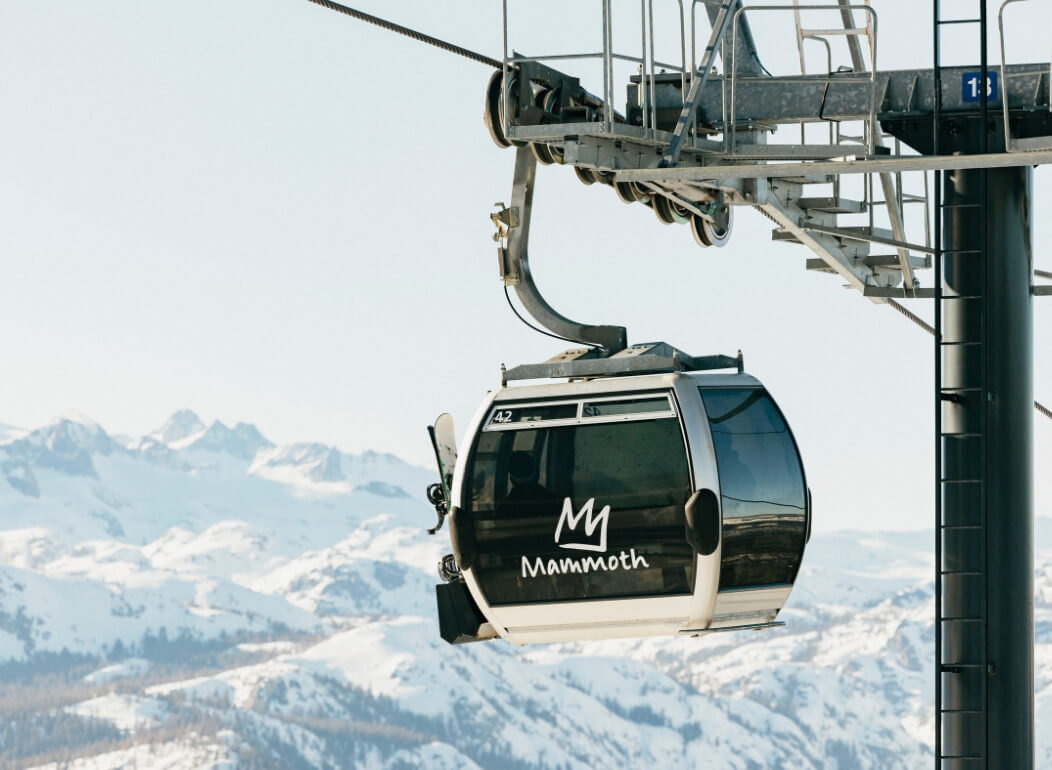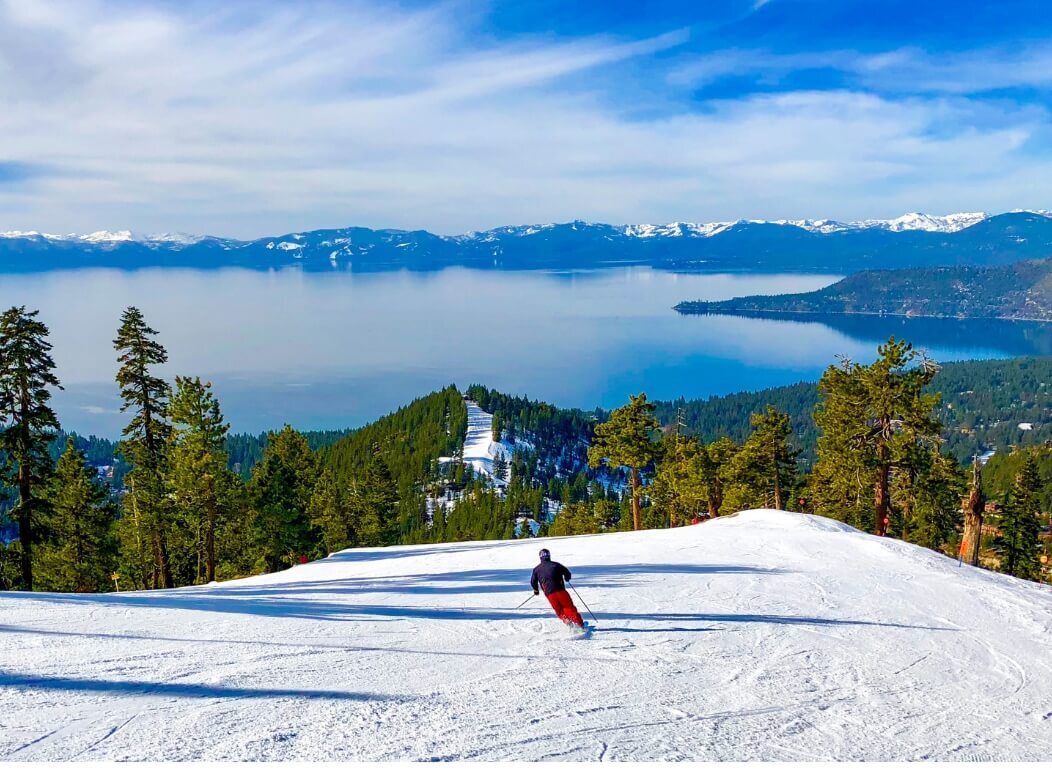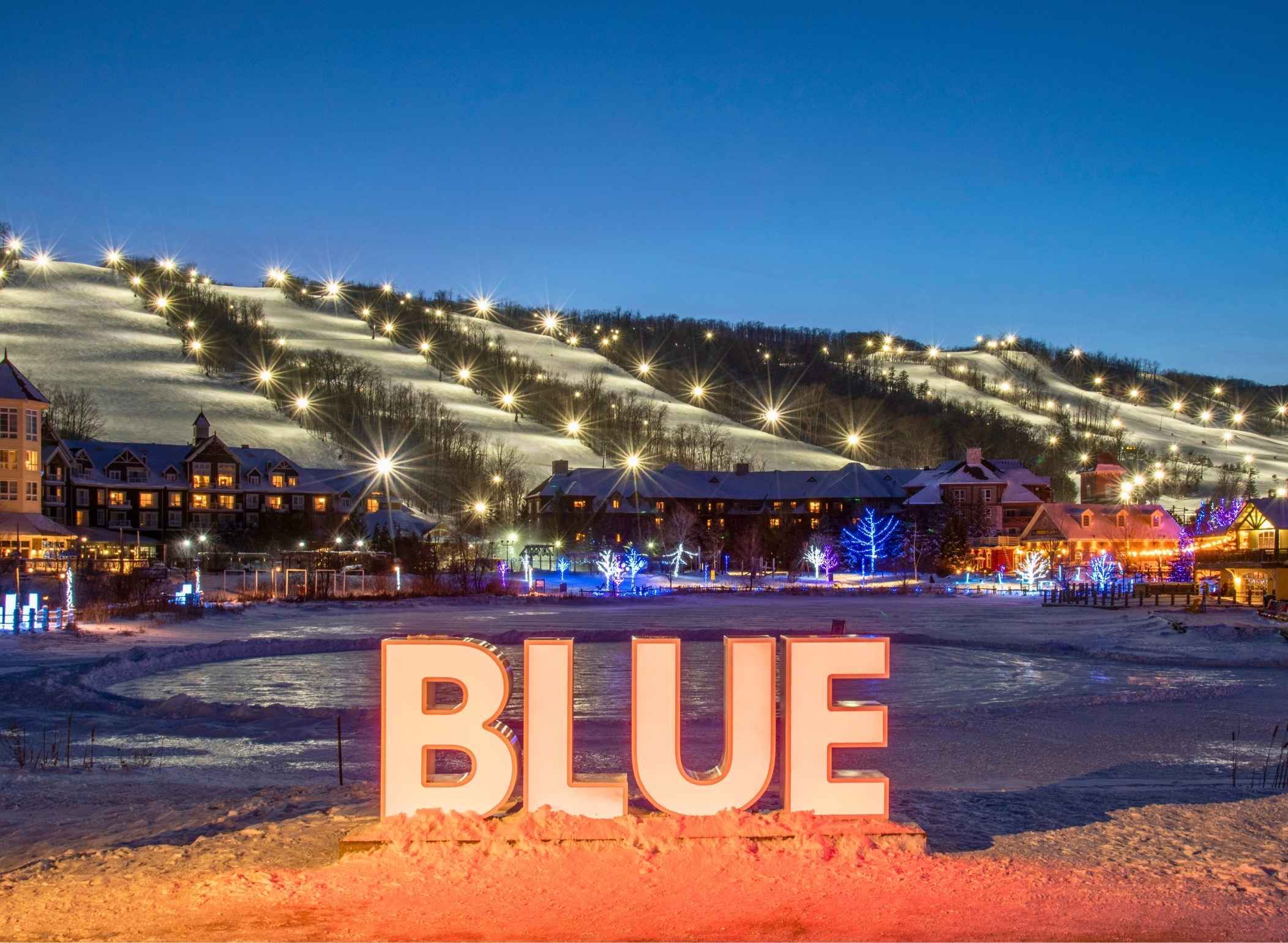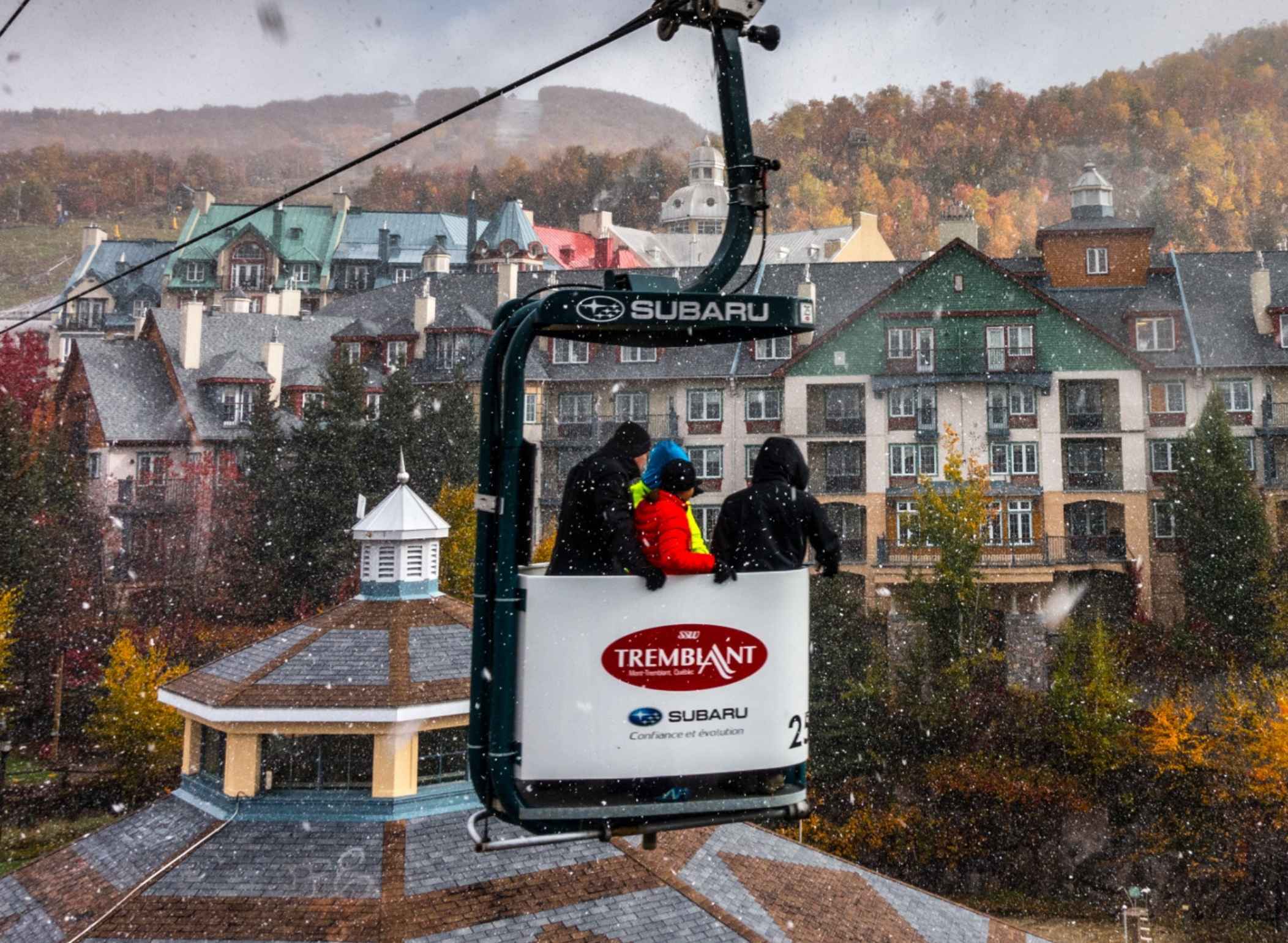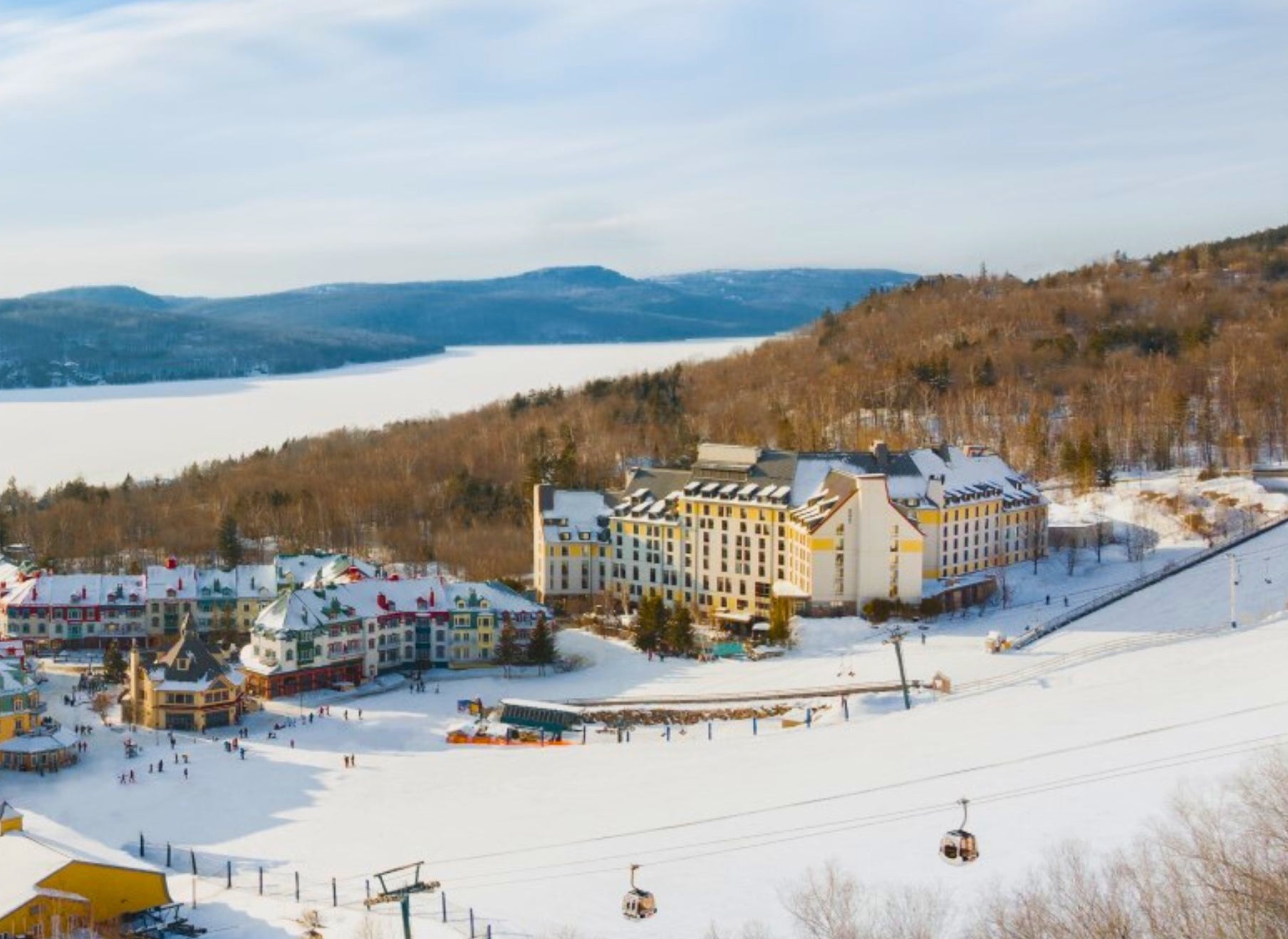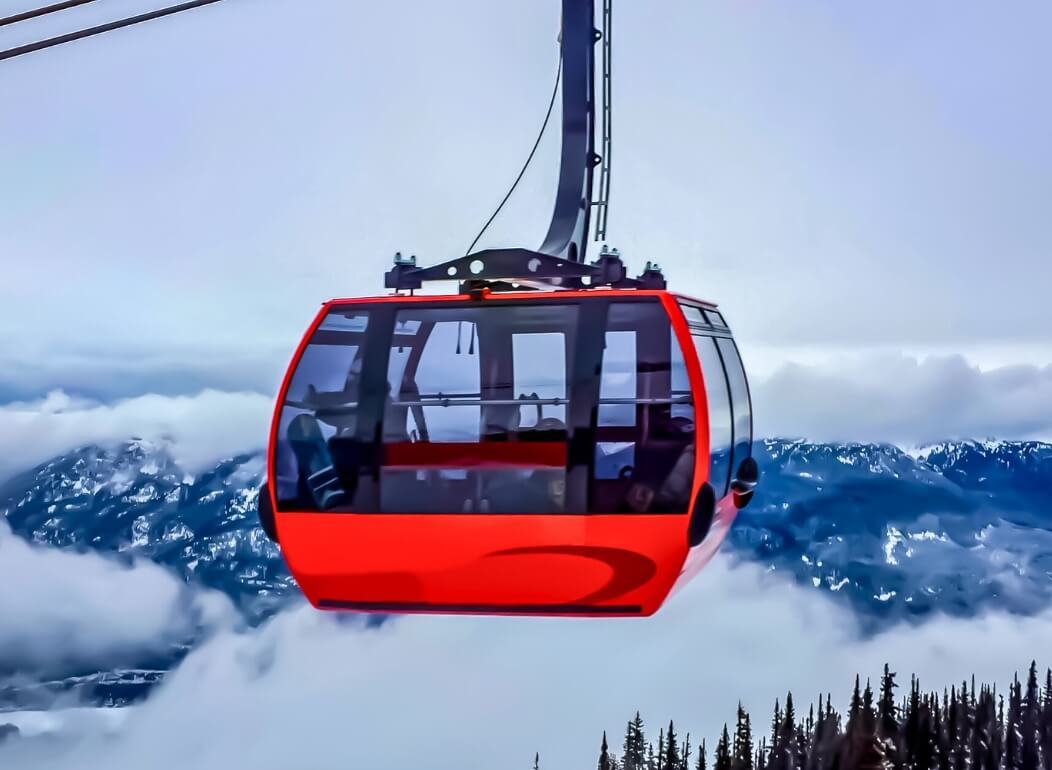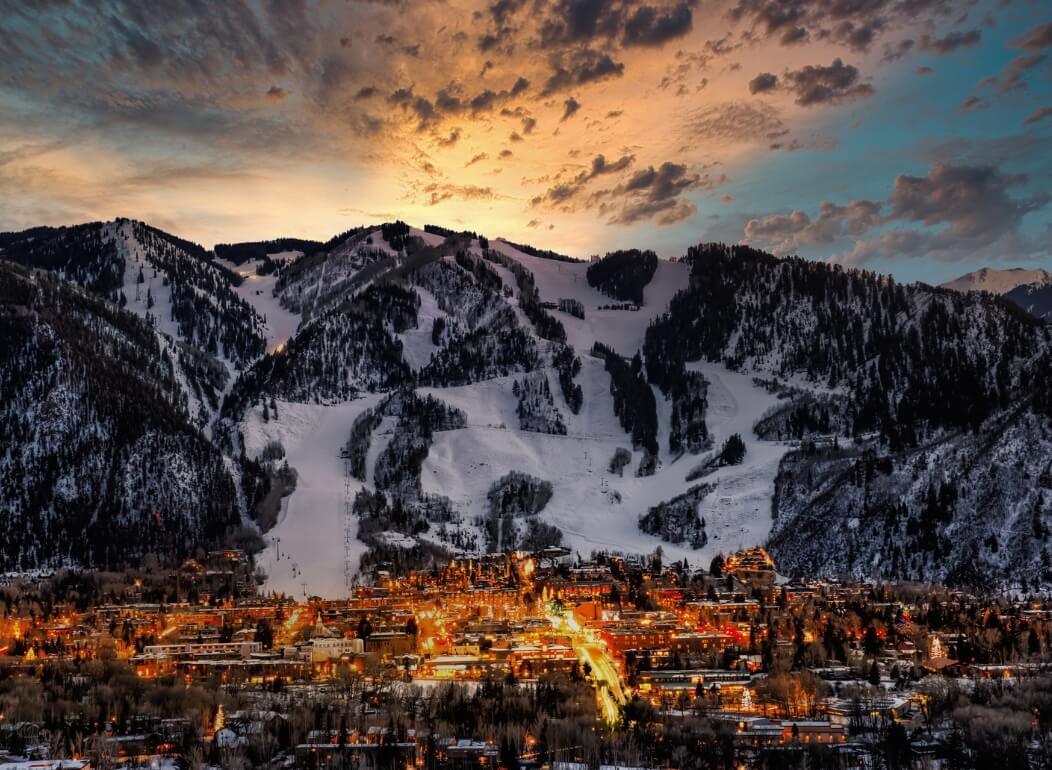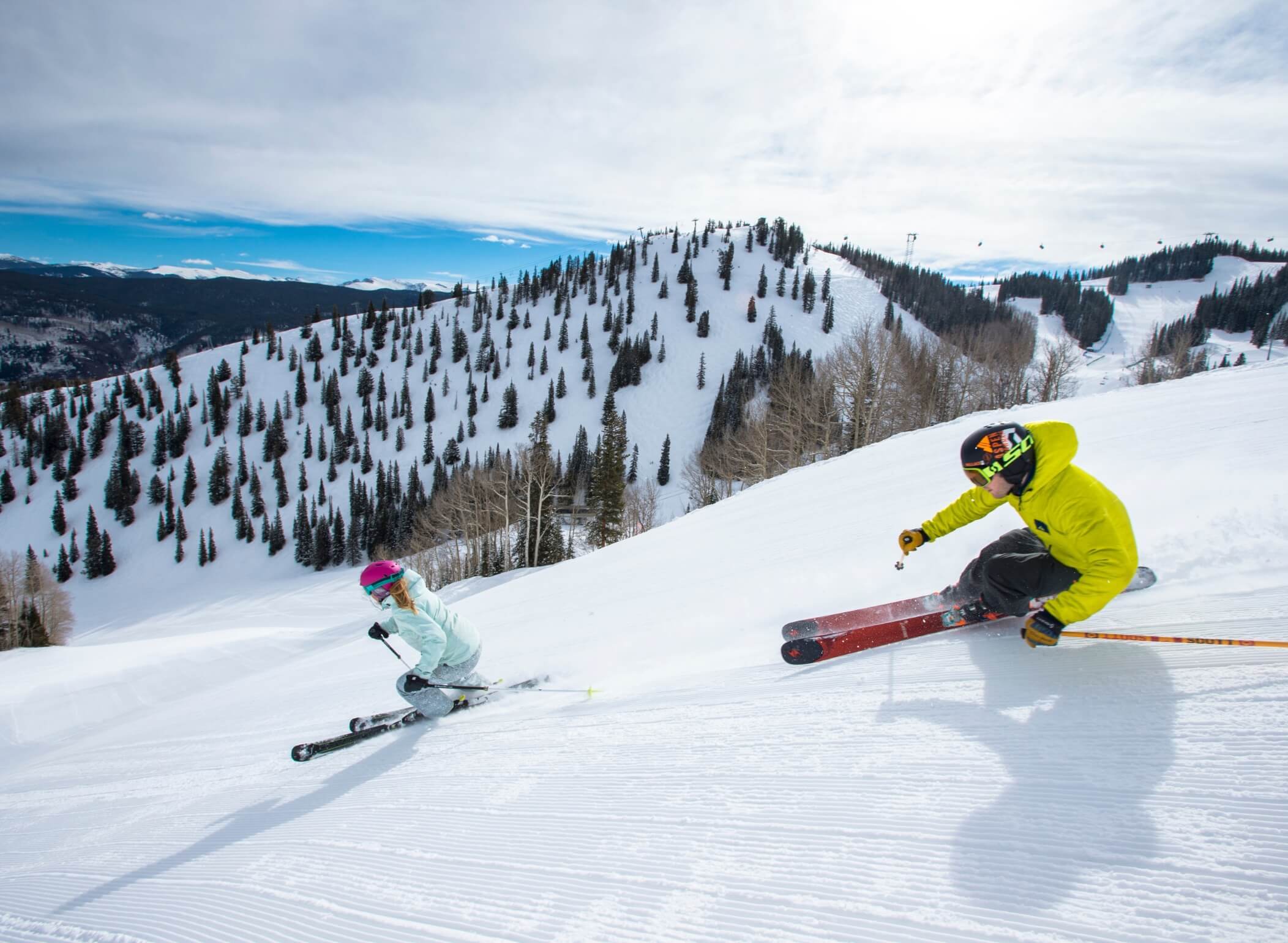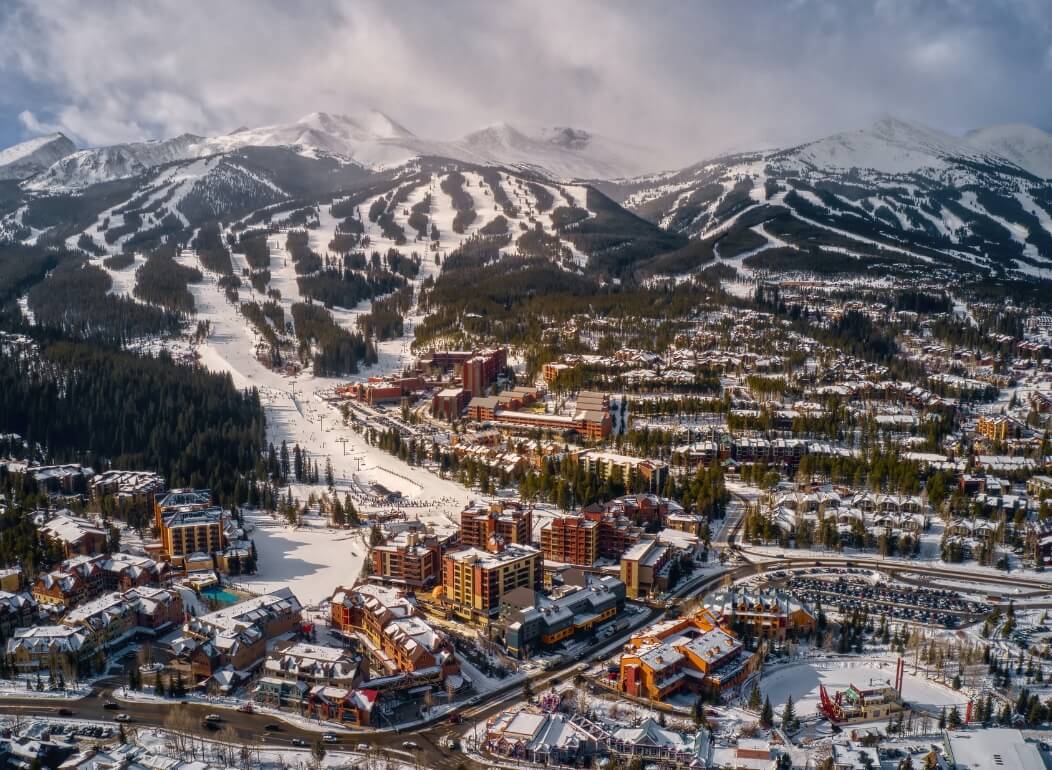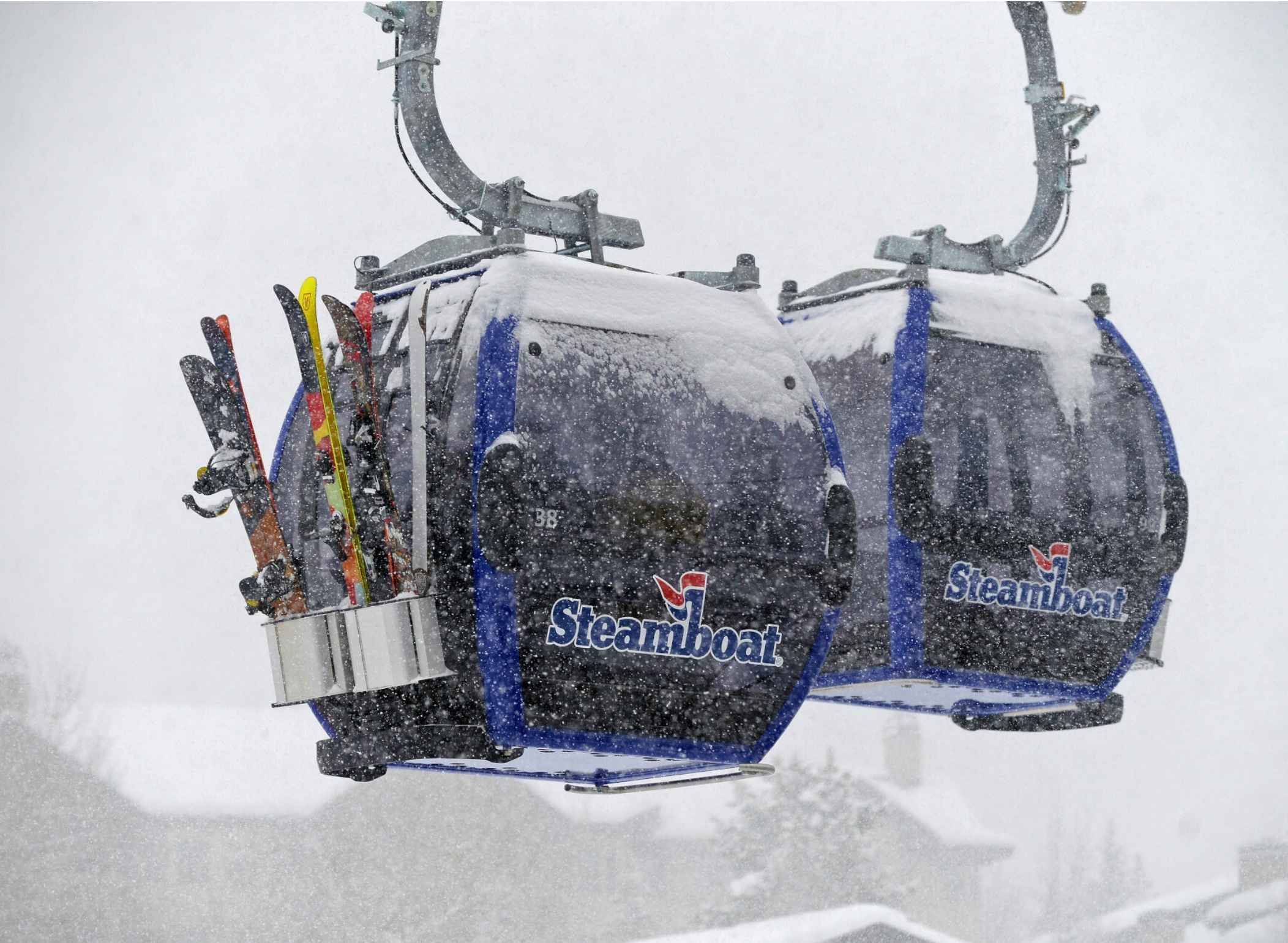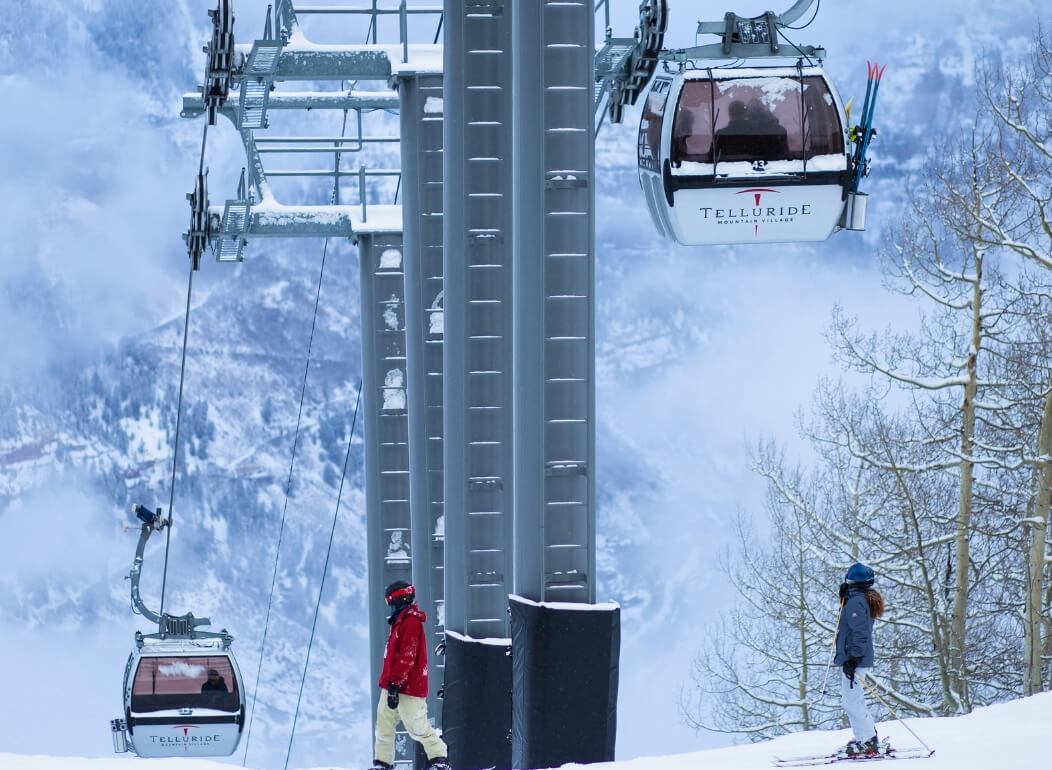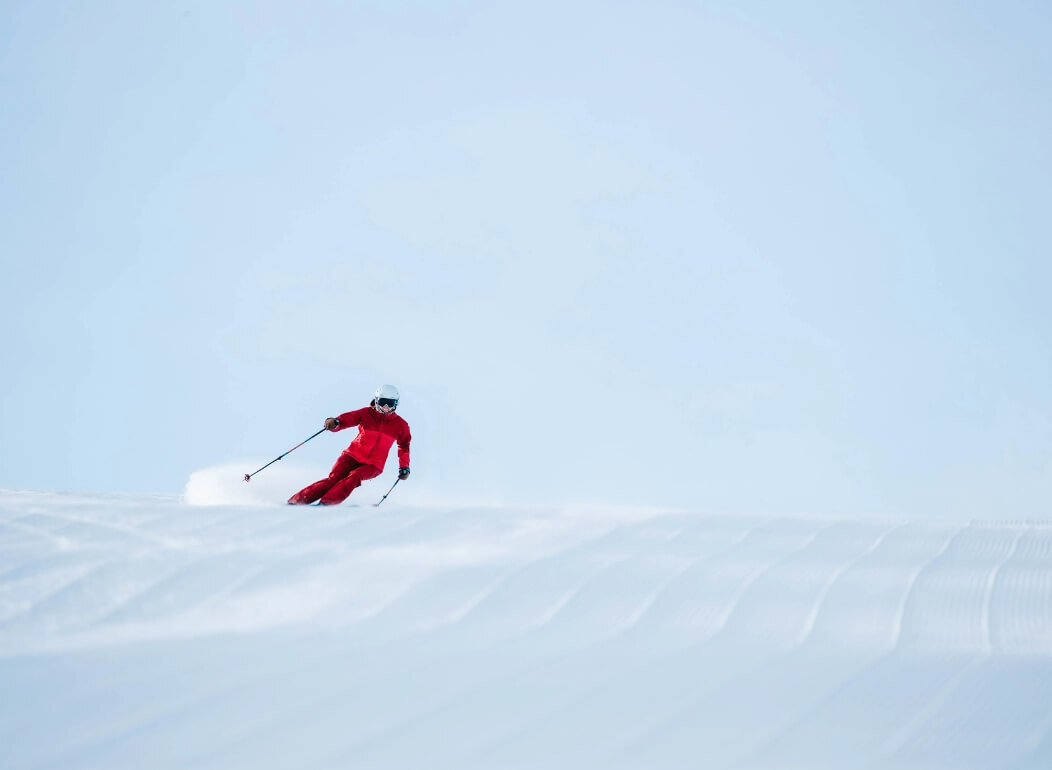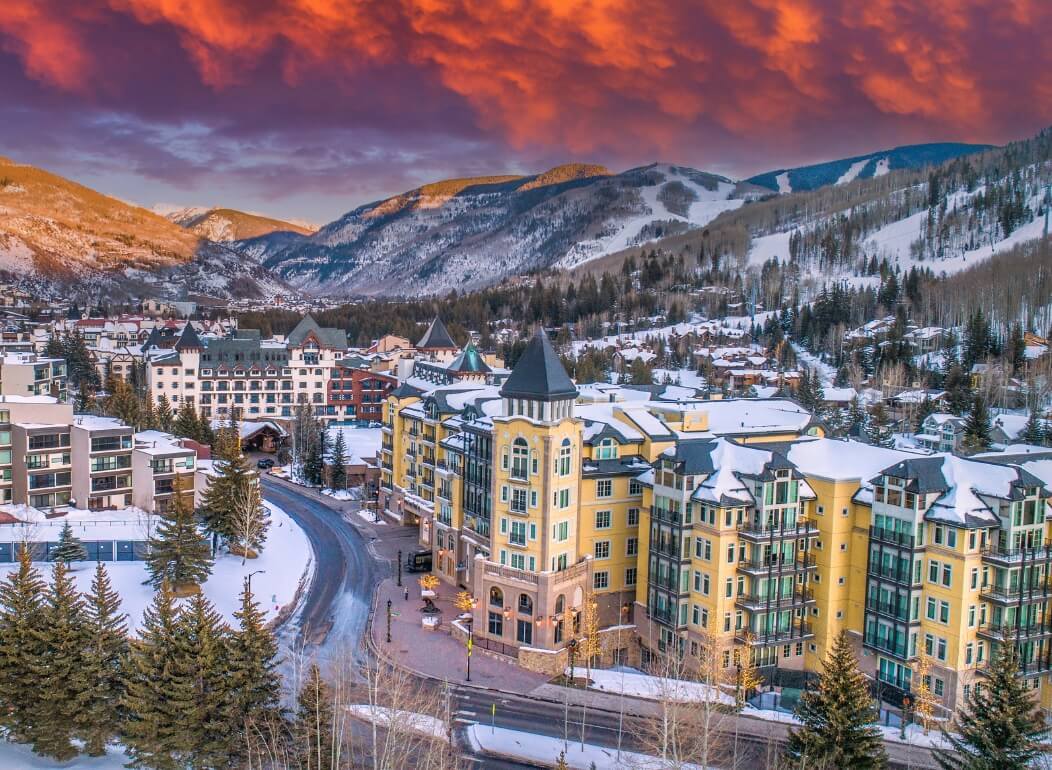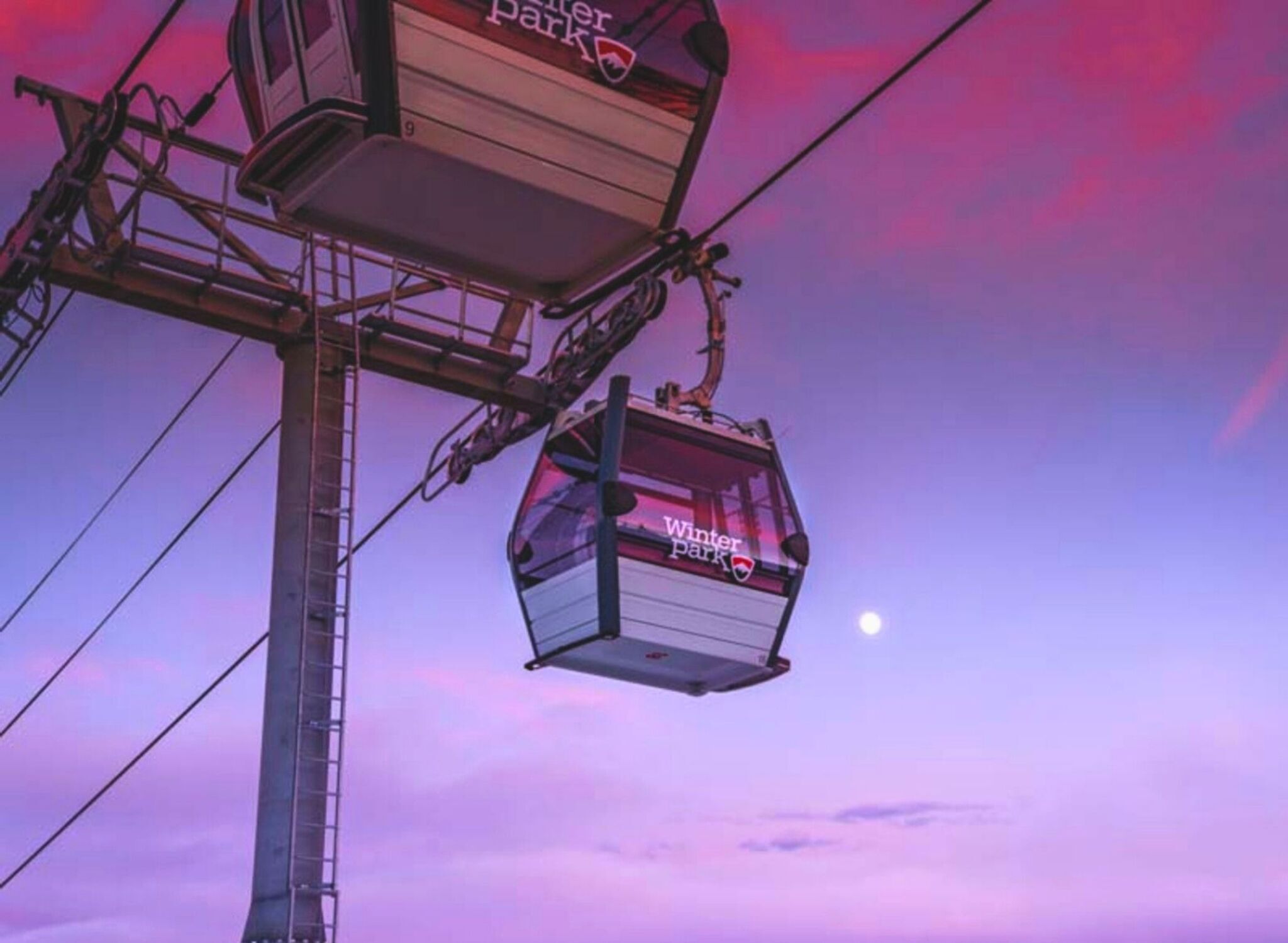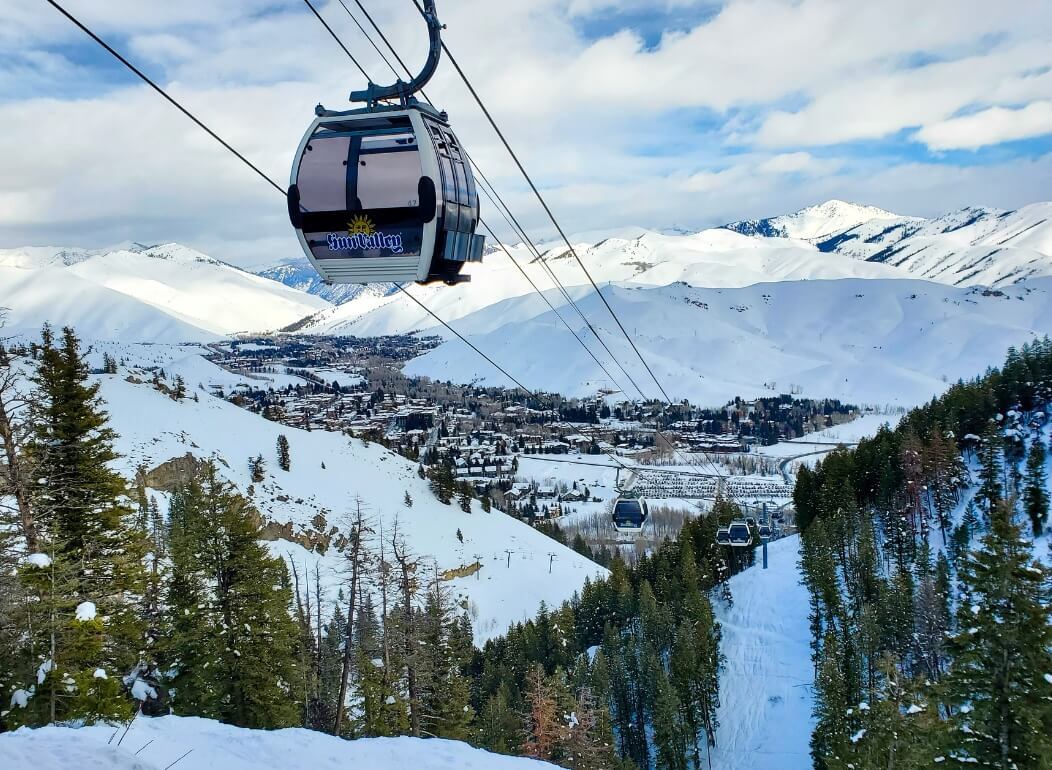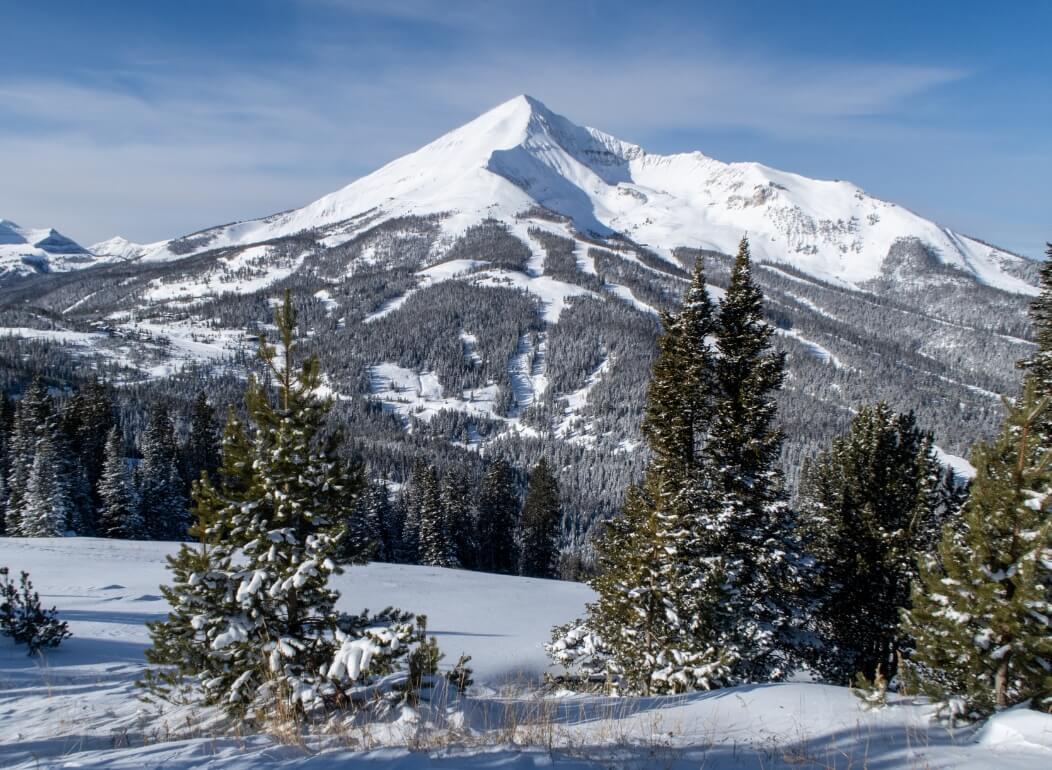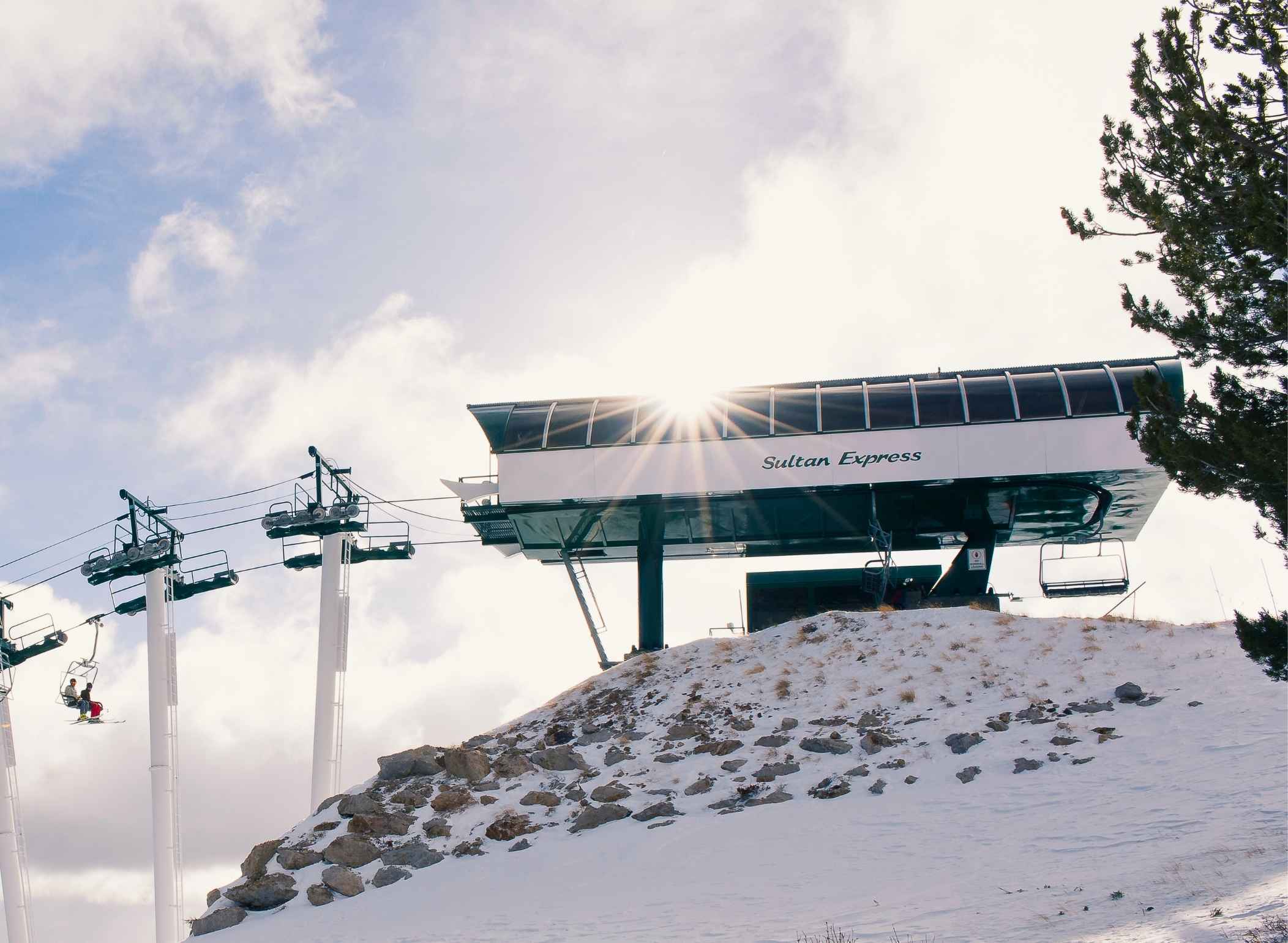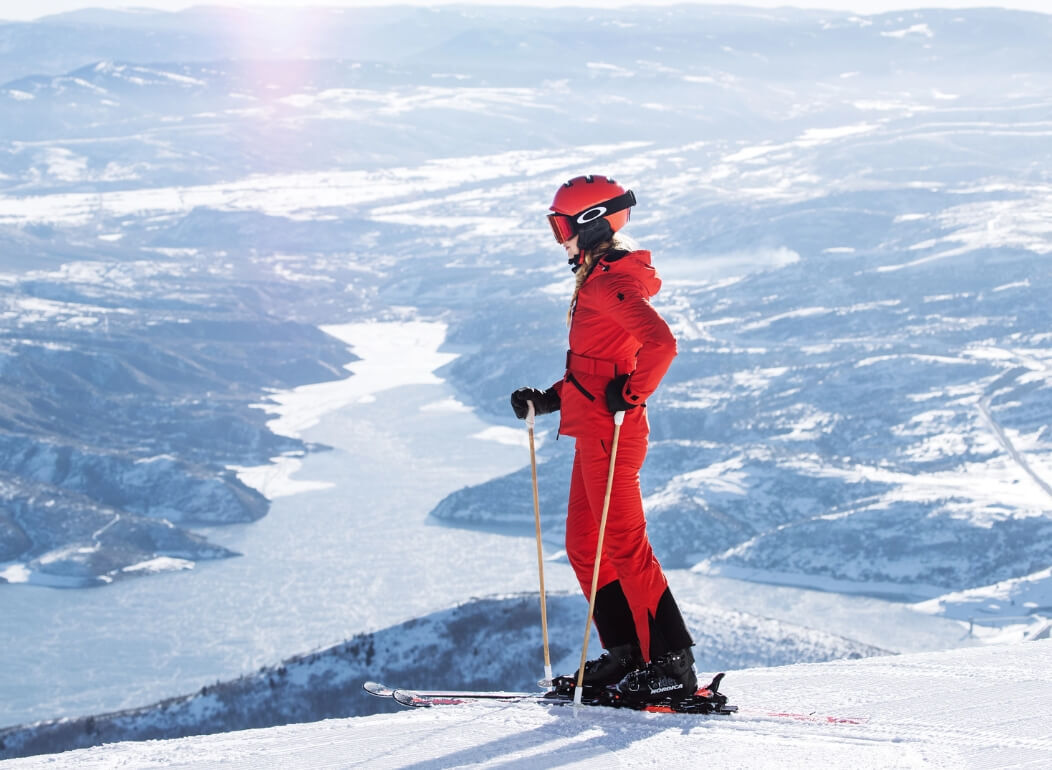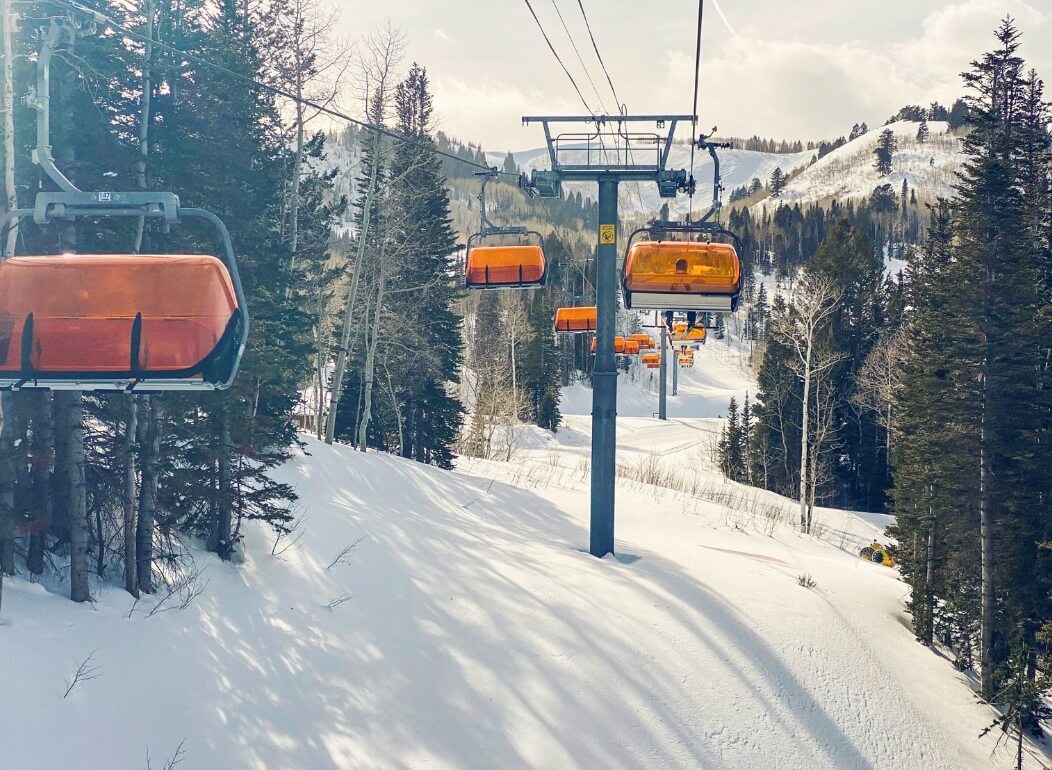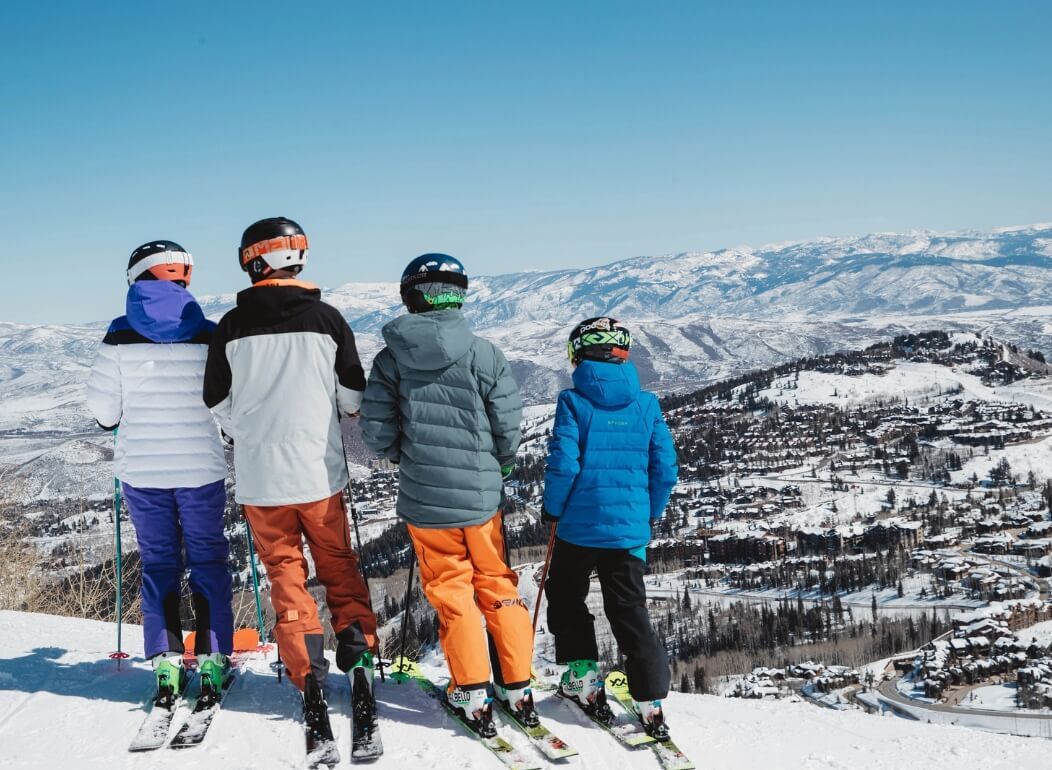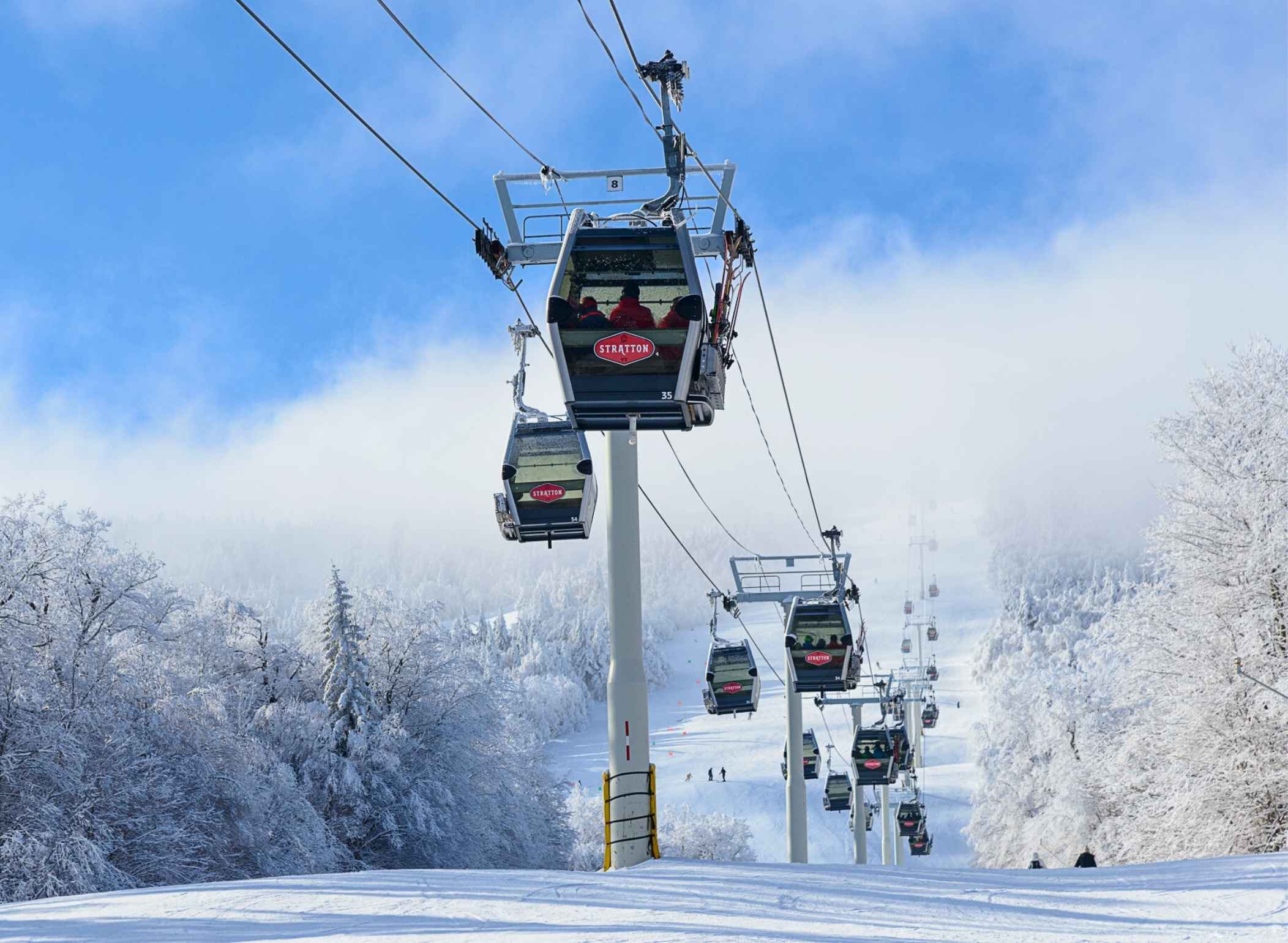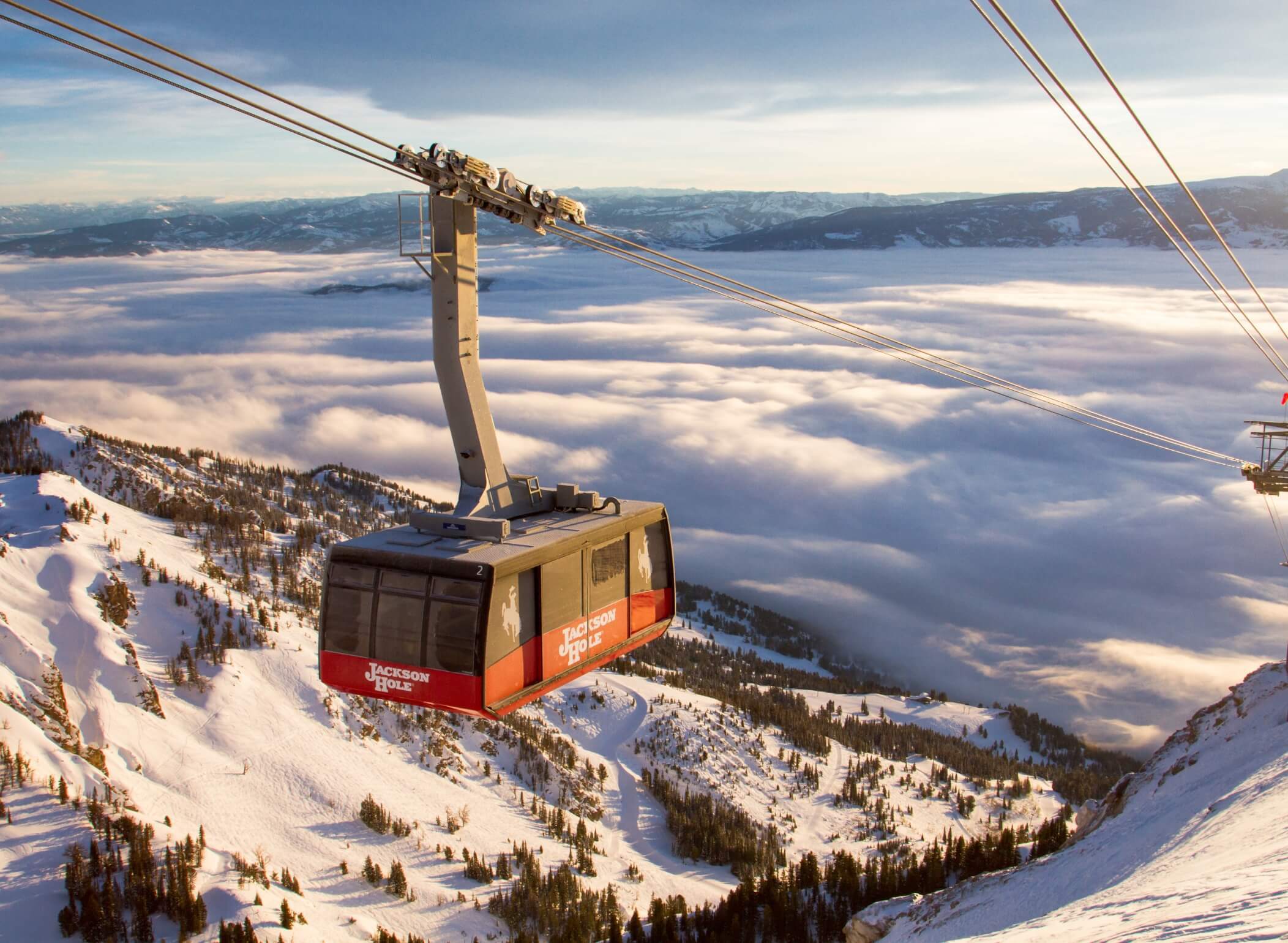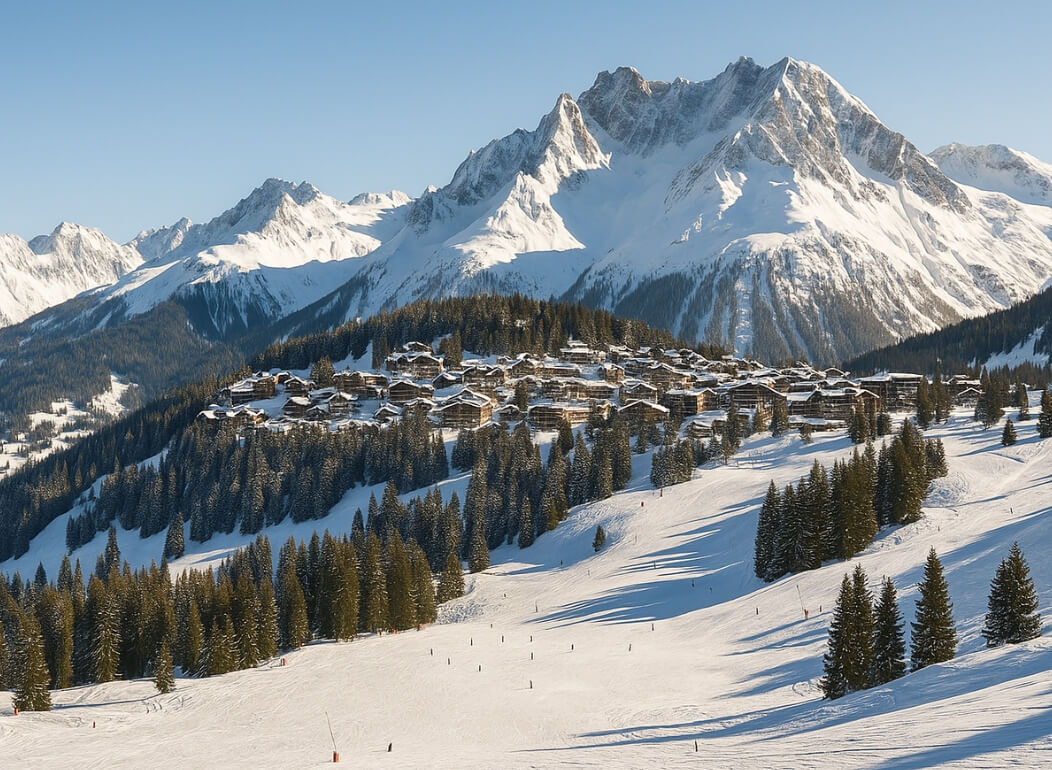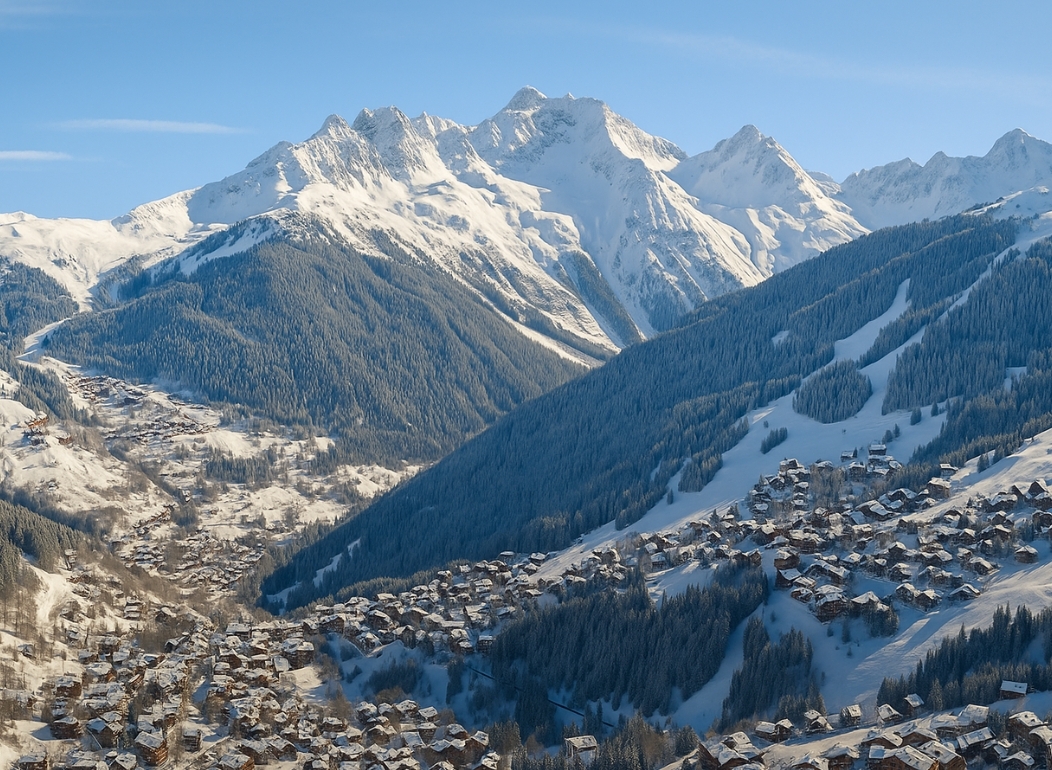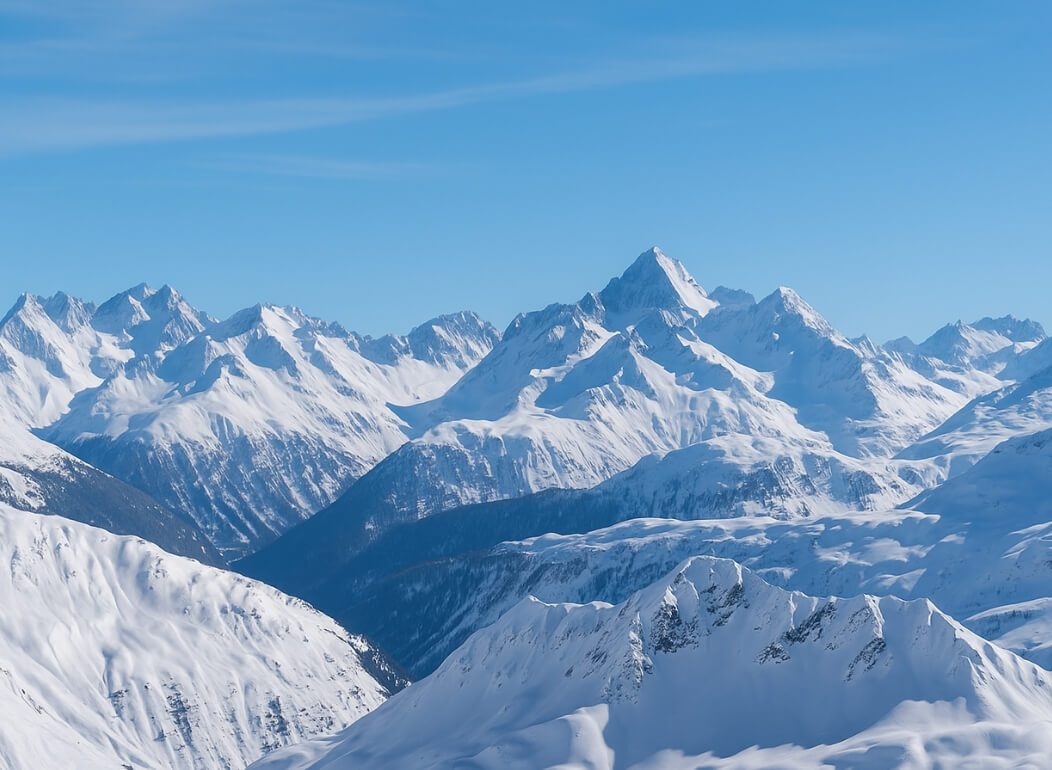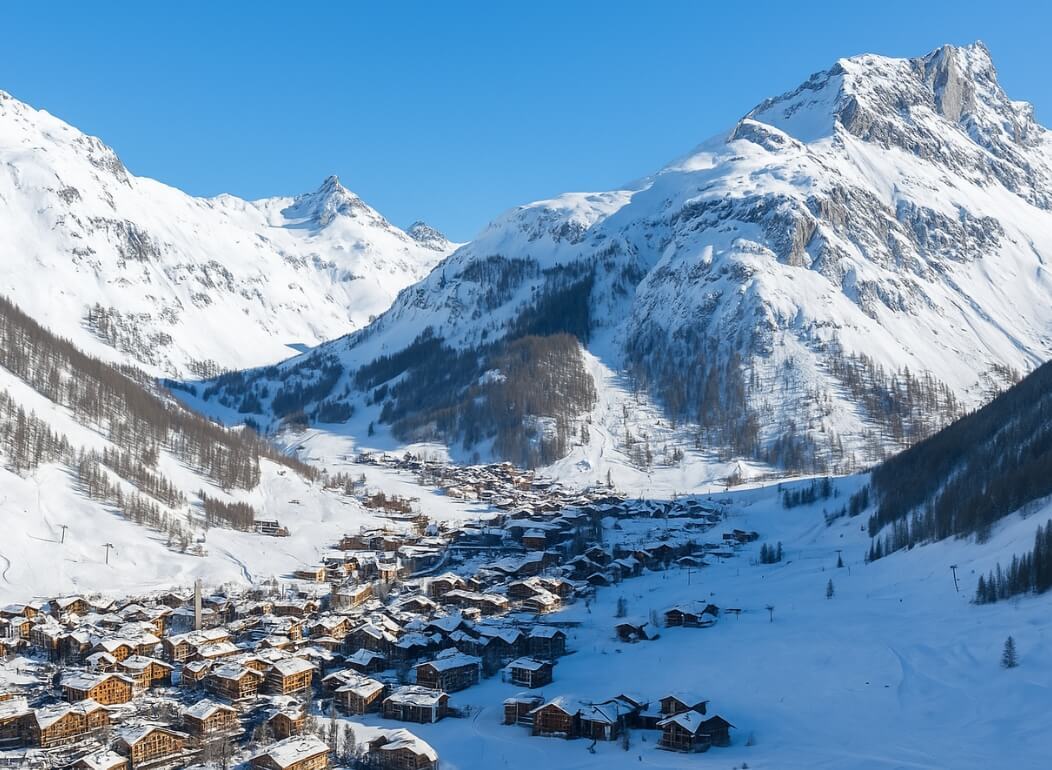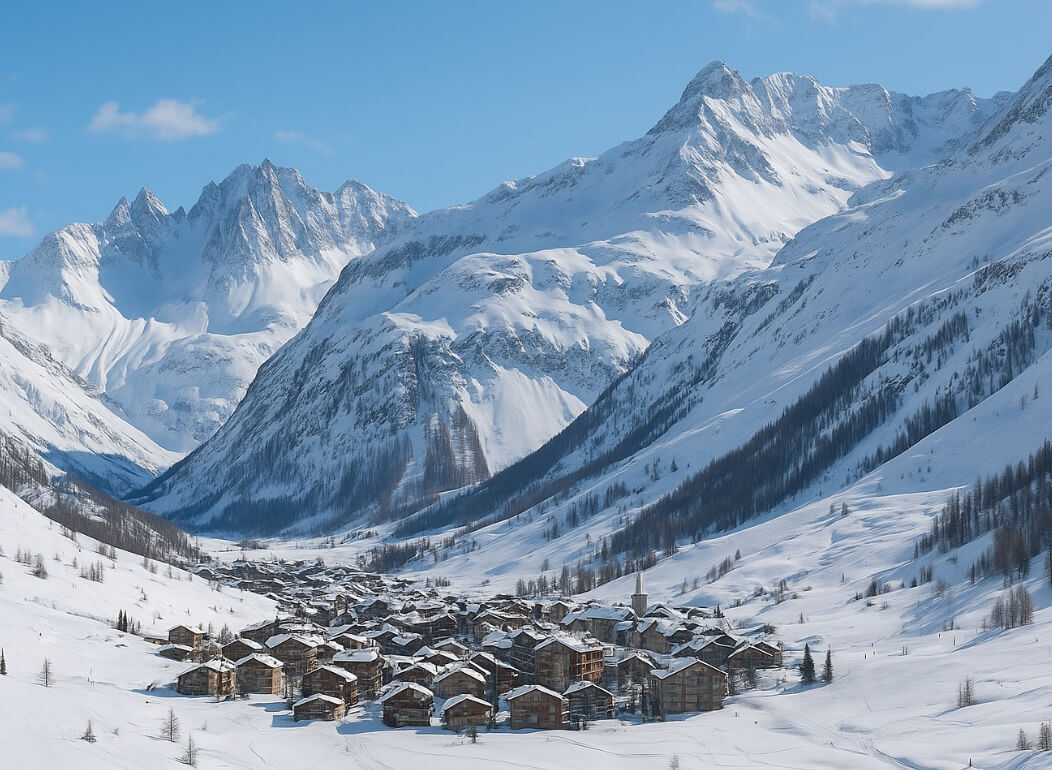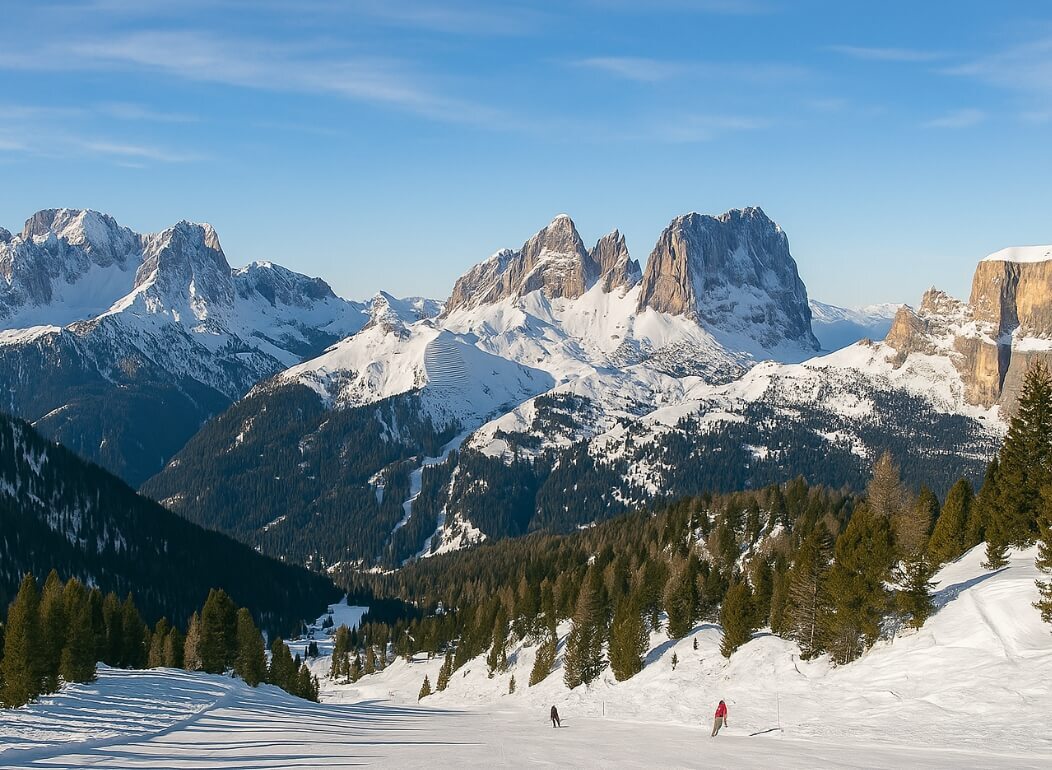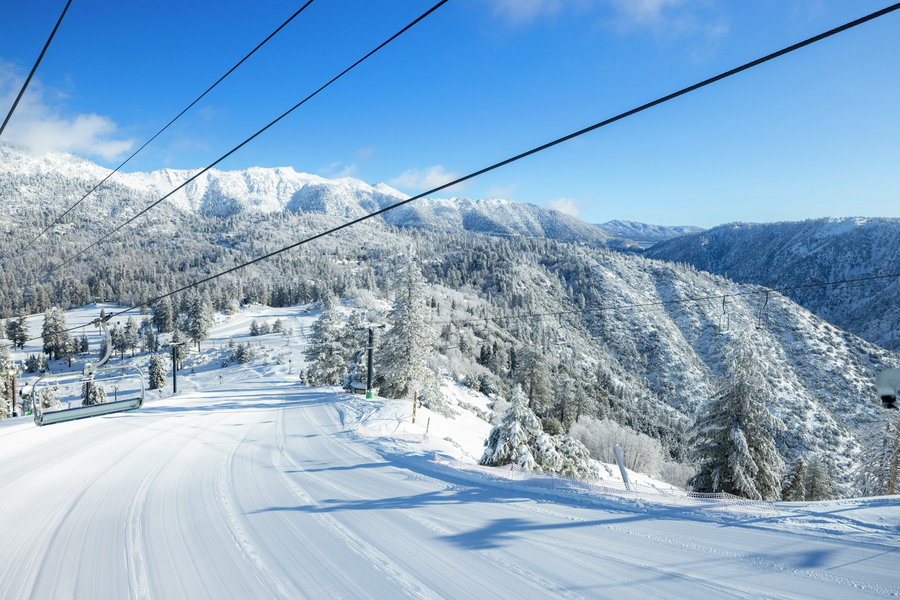Last Chair: The Ski Utah Podcast interview with Ski Butlers Founder and CEO, Bryn Carey
Last November Bryn Carey, Founder and CEO of Ski Butlers, sat down with Tom Kelly, host of the Last Chair Podcast to talk about the history of Ski Butlers and what inspired Bryn to start the company and it’s growth over the past 16 year.
You can listen to the podcast by clicking here or read the full transcript of the interview below.
Tom Kelly: |00:00:00| Today, we’re coming to you from the world headquarters of Ski Butlers here in the prospector area of Park City. My guest today, Bryn Carey. Bryn, thanks for joining us on Last Chair.
Bryn Carey: |00:00:15| Thank you for having me. I’m very excited to chat today.
Tom Kelly: |00:00:18| You know, it’s it’s a little bit nostalgic for me coming into this building, I don’t think I’ve been here since the early 2000s. This was the restaurant Nacho Mama’s years ago, wasn’t it?
Bryn Carey: |00:00:29| It was Nacho Mama’s and the funny story is, I used to work here, so I’ve spent a lot of time in this building.
Tom Kelly: |00:00:36| Yeah, it was by far our favorite restaurant in Park City, and we spent a lot of time in these walls, it’s a lot different today. I went into the main restaurant part. It’s full of ski’s now.
Bryn Carey: |00:00:46| We have tons of skis, but I don’t know if you noticed, we did keep some of the famous murals from Nacho Mama’s up on the wall, so.
Tom Kelly: |00:00:54| Yeah, I mean, it was great to see that and how have you and the family been getting along in these kind of crazy times this summer?
Bryn Carey: |00:01:02| Well, you know, the good thing is we have three children under the age of five, and they are they keep us busy and they’re happy, they’re happy to stay away from the sick germs and spend time with their family. So we’ve been very much entertained and having a blast, spending so much time with our kiddos.
Tom Kelly: |00:01:16| Do do all the kids ski?
Bryn Carey: |00:01:18| They you know, they all ski. They love skiing, and I was taking my five year old and three year old to school this morning in the snow. Guns were blasting and they are asking if to go skiing tomorrow. I said, hey, you know, it’s still October. We’re so close to skiing, but be a little patient. But I love their enthusiasm.
Tom Kelly: |00:01:36| It is exciting right now, we’re recording this in the last days of October, and we hit at least at my house, we hit zero Fahrenheit the other day. The snow guns have been going at Park City Mountain. And honestly, I’m really getting excited.
Bryn Carey: |00:01:55| The first time they turned the snow guns on every season is one, you know, it’s one of the best days, one of the best days of the year, combined with snow over the weekend and cold, cold temps this week. So it feels good.
Tom Kelly: |00:02:08| Yeah, it does. I mean, it is called you all of a sudden because I did. I did. I drain the hoses, you know, how is the pressure, what you’re doing? You know, all of that scrambling when it does get cold. But that’s what we love.
Bryn Carey: |00:02:19| And we’re you know what, as locals were never we always forget to put that stuff away. So this is a good wake up call.
Tom Kelly: |00:02:26| Yeah, I’m glad I’m not alone in that, so let’s let’s talk a little bit about your background. And you grew up in Maine. And for those listening to the podcast who have not been to Sugarloaf, Maine, it really is quite an amazing place. But what was it like growing up there as a young boy?
Bryn Carey: |00:02:41| Well, I look back at my time in Maine and I thank my parents all the time for growing up there, Sugarloaf, Maine, is in the middle of nowhere. It’s about 30 miles from Canada. It’s four hours from Boston. It’s two hours from the nearest city, Portland, two and a half hours. And so you’re really, really isolated, but you learn to grow up hiking in the woods, skiing in the mountains, playing on the rivers, playing on lakes and just really enjoying the outdoors. And it is such a special place to go back to today just to kind of get away from everything. And that’s something I’ll always remember about Maine.
Tom Kelly: |00:03:25| Did you you were the youngest, I think, of three children. How do you remember that initiation and getting on snow? I’m sure by that time it was a family ritual.

Bryn Carey: |00:03:35| Well, yeah, and we ski at Sugarloaf Mountain, and it’s just it’s just what we did, you know, I didn’t know anything else and this season would start and we would ski with the family. Sugarloaf had an amazing children’s program. So on the weekends, we’d have a bunch of little rugrat skiing around, hitting jumps going in the trees. After class, we’d ski with the family, my older brother and sister, where we’re ski racing. So I was always looking up to them and trying to keep up with their friends and it was just a really special time.
Tom Kelly: |00:04:08| Your mom and dad were influential when you were a complete skiing family.
Bryn Carey: |00:04:12| We are a complete skiing family, my dad worked at Sugarloaf. My mother was a nurse, but she would come up and ski every weekend with us. And so I didn’t even realize that there were people in this world that didn’t grow up and ski every day. I mean, I just thought that that was that was the part of that was the part of life in the winter. Everyone gets snow and everyone goes skiing and enjoys the outdoors. And so that’s something I’ve always done. And that’s what I do to this day.
Tom Kelly: |00:04:41| You know, I always looked up to your father, your father, Chip Carey, who at the time was the PR guy at Sugarloaf, and I remember this is many, many years ago, probably back in the early 90s, we did a U.S. championship alpine event at Sugarloaf. And your father, Chip, called me up and said, Tom, we should do a big press conference down in Portland. And I said, no, he’s going to come to that. And he said, no, no, no, they’ll come to that. And so I flew out there. It was the first time I’d ever been to Maine, still hadn’t been up to Sugarloaf. We did a press conference by the airport and we had like 25 or 30 media. And I I talked to your dad and I said, man, you really know what you’re doing here. You know your market. And, you know, from that point forward, you know, I watched him and he was really one of the sports great promoters.
Bryn Carey: |00:05:25| Yeah, I think it was just something he really enjoyed and I think it came from skiing, but it also came from Sugarloaf and in Sugarloaf is unique. I think my dad had a good product to sell once people. It’s hard to get to Sugarloaf. So it’s so getting people there is tough. But once you’re there, it’s a special place and you have this feeling and you always want to go back. And I think my dad is really good at selling that feeling.
Tom Kelly: |00:05:50| You were there until you were, I think, in your early teens, wasn’t it?
Bryn Carey: |00:05:54| Yeah, we moved out yet through age 15, yeah, in high school.
Tom Kelly: |00:05:58| Before we move on to Utah, which has become your home, what were some of the values or lessons that you took away from those years growing up in Maine?
Bryn Carey: |00:06:07| Well, I think Mainers are down to earth people, they don’t need a lot of stuff, they enjoy it, they enjoy company, they enjoy family, they enjoy being outdoors, very respectful to each other, very kind. And always the biggest fan of maintaining I the they say, you know, they’ll talk about I’m talking about Maine today, sitting here in Utah. Right. And so I think a lot of those things I carry to Utah, but carried, you know, throughout other things I’ve done in my life as well. And, you know, I hope to pass that along to my kids. And that’s why it’s why we like to go back to Maine for all those feelings, and you know, to kind of centers yourself.
Tom Kelly: |00:06:49| So you’re 15 years old and dad comes to you and says to the sister, to you, you were the youngest and I think the others were out of high school or close to it at that point. What do you think about moving to Utah? I mean, what struck you at that point?
Bryn Carey: |00:07:02| Well, life’s about timing, right? And we had just been out to Snowbird that spring and we arrived here in Salt Lake and I think it was like 75 degrees. And we came up to Snowbird and it was like 50 degrees. And so the skiing at Snowbird, it wasn’t great, but it was beautiful. And you could just tell how much potential this place had. And so we visited Snowbird, I went back to Maine and I had no idea that we might have an opportunity to move out to Utah. But my dad had had an opportunity when the American Skiing Company purchased Park West here in Park City and turned into the Canyons Resort. They asked my dad, ‘hey, would you be interested in moving out to Utah to become the marketing director or would you be interested in going to, I think it was, Mt. Snow and Vermont to go there. Or you can stay in Maine at Sugarloaf. And at that time, my brother and sister out of the house, they were my brother’s racing with the U.S. Ski Team and my sister was in college. And so it’s really just me and my dad said, hey, ‘you know, you’re in high school. We’ve lived here for 30 years. Would you like to move to Utah?’ And it was just what it was just one of those moments where I said, oh, my God, we can move to Utah with some of the world’s greatest snow, with some of the best mountains. And my family, our family, a saying in our family is Camp Carey: Everyday An Adventure. And we have T‑shirts that say that as well as like this is just this is just another adventure. And so really not thinking about it for probably more than a day or like, yeah, let’s do this. Let’s go to Utah. Let’s do this new adventure. And again, skiing was the center of this. Also, although it is a different place, the values in everything were very similar.
Tom Kelly: |00:08:47| Did as you thought about that decision, did you harken back to that spring day you skied Snowbird in the warm temperatures?
Bryn Carey: |00:08:54| I … it was part of that, and it was also part Maine is one of the coldest places in the world to ski, and there are so many cold, dark days that really make you tough. And so is the combination of that and the opportunity to come out to this beautiful blue sky, the dry climate here, the greatest snow on earth and huge mountains. And so, yeah, so it was a combo.
Tom Kelly: |00:09:21| Can you remember much about that time you did ski and snowboard before you moved out and some of the runs that you took or any experience you had there?
Bryn Carey: |00:09:30| Well, I can remember the tram and to this day, one of my favorite runs is High Baldy and but, you know, you kind of, you rise up in the tram and it overlooks all these bowls and you can pick your lines and you can see people skiing over here, over there. And it’s just a totally different experience than the East Coast, where for the most part, you’re on a trail or, you know, a very tight wood skiing. And so I just remember that that openness and that fall line skiing. Right, because you get off the lift and you can hit the fall line and think it’s the best thing you can do. You can just go down the steepest part of the run that has the most vertical and just kind of float down. And I remember that, that that’s like what I remembered Utah as.
Tom Kelly: |00:10:16| And it is still I mean, imagine you get over to Snowbird a lot and you have those same memories today.
Bryn Carey: |00:10:21| I have the same memories today. I go there and I have a very calm, peaceful feeling and just happiness and go, wow, this is why I do what I do. This is why I live in Utah. And I just I just love it.
Tom Kelly: |00:10:34| So when you moved out here, dad was working at Canyons, and this was actually in the lead up to the 2002 Olympics. How did that experience begin to transform you living here in these mountains, in the Wasatch?
Bryn Carey: |00:10:47| Well, you know, I think the one thing I think about Utah and Park City is opportunity and coming from the backwoods of Maine, we there wasn’t a lot going on outside of love. And you come out to Utah and all of a sudden life was fast with the Olympics. In a few years, we had canyons. Resort was being built out from a very small resort, had all this potential. Salt Lake was getting busier. And I think it was just like, wow, this is an exciting time. We’re going to be hosting the Olympics in my new hometown. What you know, what else could you ask for in a community of Park City? When I moved here, everyone’s like, you won’t believe how much has changed. And now I say the same thing today. But there’s a lot of opportunity, fast paced, excitement, sport. It’s just so great.
Tom Kelly: |00:11:39| You know, going back to that time were you connected at all with Bode Miller, I know you’re a little bit different in age, but he was coming up at the time, going to Carabassett Valley Academy in Sugarloaf. And then this was the Olympics where he started to make his mark.
Bryn Carey: |00:11:52| Yeah, and, yeah, there’s there’s we didn’t talk about that in Carrabassett Valley Academy, producing some of the greatest skiers and, you know, the history of the sport. And I and I only went to CVA one year, but with my brother and sister being at Carrabassett Valley Academy, I was I was a part of that culture during my and speaking to Bode specifically during my freshman year at CVA, Bode had just made the ski team, but he pretty much trained at Sugarloaf that year. And so yeah, I know Bode very well. And when he came out here and they had the America’s Opening for the World Cup, GS and slalom when you ski here in Park City, as you know, you know, they want to bodies’ first races. I think he got second or fourth in the gym and like everyone’s like, wow, where did this kid come from?
Tom Kelly: |00:12:43| You know, we’re diverging a little bit, but that was quite an amazing year for Bode leading up to the Olympics. I’ve been involved in a few projects to kind of go back in time that win that he had, including just a few weeks before the Olympics. And then he came here and he won two silver medals. Were you there for either of his silver medals?
Bryn Carey: |00:13:02| I was nine and it was the Olympics fell right when I was racing, ski racing in college, and this was this big thing on my mind. Do I take the whole year off? What do I do? And I go to university in New Hampshire. And so I came out for a week in between. And so I saw a lot of the speed events at Snowbasin, but unfortunately, I didn’t see the guys over here. And I think I missed the day of the combined weather back then. It was two slalom runs and he made a big mistake in the downhill, I believe in and came back in the slums and had one of the best slalom runs he’s ever had. And I think it got silver then.
Tom Kelly: |00:13:38| Crazy recovery, and that combined downhill up on one ski, just totally, totally out of it on the outside edge. And I don’t know how he recovered from that, but that was typical Bode at that time.
Bryn Carey: |00:13:49| That that was Bode and that’s what you know, it made ski racing so exciting, right, because what is Bode Miller going to it’s kind of like Tiger Woods. What is Tiger Woods going to do today? And they are so special, such gifted. He’s such a gifted athlete and always, always pushed it and always took risks and always took chances. And to me, that was inspiring.
Tom Kelly: |00:14:13| We’re going to talk more about ski butlers, the company that you have innovated, and before we do, though, I want to learn a little bit more about your background and ski racing and some of the lessons you learned as a racer that you’ve been able to carry over into business.
Bryn Carey: |00:14:28| Well, you know, I think the number one thing with ski racing is was being competitive, but also being respectful and and when we go into ski butlers is one of the things that that really I was I took my racing mentality of being competitive and the team spirit of racing in college and being the team captain. And I really took those things in the leadership and applied that to Ski Butlers and other things I’ve done in my life. And, you know, ski racing is an individual sport, but it takes ski technicians, it takes coaches, it takes your athletes training every day, your peers training every day to push you to a new level. All these different things that really go to your family life, your your personal life, your school life, your business life. And in addition to that, just the skills of being able to ski and enjoy the outdoors and be outside. I mean, it’s a foundation of my life, like ski racing. I do not ski race today, but all those things I still do today. And it’s I am so grateful that I did ski race.
Tom Kelly: |00:15:42| You were captain of your team at the University of New Hampshire, look back and reflect a little bit on what did you learn about leadership and leading that team as the captain.
Bryn Carey: |00:15:54| Being a leader like first and foremost, you need to think big. You need to be positive and you need to lead by example and you need to be consistent and with ski racing, you almost spend more time off your skis than you do on your skis. And so whether that’s doing squats or sprinting or stretching or what or watching film and if you can do those things consistently day in and day out when you know why, why does this matter? Today’s August 15, the ski season starts maybe in November. Why is this important today? And if you can do that consistently every day you gain an edge. And if you can lead a team to do everything consistently every day to a high standard, it’s really amazing what you can do and what you can accomplish in addition. And if you do it as a team, everyone thinks that skiing is an individual sport. It’s just, you know, it could be for selfish people. It’s just for me and it’s not it because you are always pushing each other. And I think you see that with the ski team in Vancouver in 2010 and so forth, when the team is always pushing each other. It’s amazing the results that you can have. And so that is something that I’ve taken away from ski racing and Leadership.
Tom Kelly: |00:17:13| I think that I think back to that, so you’re leading a bunch of college kids and trying to corral them into this type of precision, but they did at least come up through the sport. They wouldn’t have gotten there if they didn’t have some sense of that precision.
Bryn Carey: |00:17:27| Yeah, and in college, you know, it takes you have to be a driven person to be to compete in college, not only to make the team, but then to to do it while you’re in college, because there’s there’s tons of distractions. But, yeah, our teammates were very skilled and they’re very passionate. You know, they’re very passionate for skiing and what they did and caring for each other. And so we’d always see that.
Tom Kelly: |00:17:54| So let’s fast forward now to Ski Butlers, and after you finish college, you’re still living here in Park City. What was your pathway that eventually led you to ski butler’s?
Bryn Carey: |00:18:05| Well, it’s a it’s a few things, the biggest thing is my dad, my dad, although he worked for ski resorts and worked for other people, he was very much an entrepreneur in Maine. He put on running races on the side. He had the Canadian Club Celebrity Cup ski event that he kind of did on the side. He had a silkscreen printing business randomly in our basement. The list goes on and on. I was from a young age. My dad was always like, you know, be your own boss. He goes, you know, if there’s one regret, I wish I could have been more my own boss. He’s like, just be your own boss and do things. And I very specifically, I was in seventh grade and they had this thing called Kingfield Days and I got a root beer kit for Christmas or something. I started making root beer and I was like, you know, why don’t I make root beer and I’ll go sell it at the Kingfield days. And so I made BC Root Beer and made like 100 bottles. And I went and sold it at the Kingfield days. And it’s my first real entrepreneur thing. And I, I remember a few other people were going to join me in this and no one else did. It just became myself and it was just a learning lesson, like if you hold yourself accountable and you do something, you put yourself, you know, above other people that might not be able to hold himself accountable. The root beer was horrible. It was flat, but people still bought it.
Tom Kelly: |00:19:36| Well, you’re your brand, they bought it because of you!
Bryn Carey: |00:19:38| Yeah, there is supporting a small business, I guess, and that kind of thing in high school. I also made T‑shirts and then. When I was in my senior year in high school, in between college, I worked for this company called Park City Seal Coat and it was a tough job. Any asphalt driveways and parking lots, it was hot. It was dirty. And I did this for a summer is a really good learning lesson. And I got done doing this. I said, you know what? I am never, ever going to seal coat again. Well, of course, about eight months later, I bought the company with a friend and I seal coated for the next eight years. But it was this there was this competitive spirit. It was this risk. This one of my favorite quotes is the greatest risk in life is to risk nothing. And I had that in ski racing. I talked about taking risks. I love that. And so I just said, you know, I’m going to purchase this company. And the back story is that he sold it and asked me to take it over, but it really became a training ground for me. It became this practice field on how to run a business because I didn’t know anything. You know, who knows how to run a business? You know, there’s no class in high school or anything.
Tom Kelly: |00:20:58| You didn’t look at a YouTube video.
Bryn Carey: |00:21:00| I don’t know if we had YouTube videos back then, and so he just did it was just practical and learned and just tried to have fun. And I was getting as fast forward a few years and I was about to graduate from the University of New Hampshire. And I knew I knew one thing I wanted to be my own boss, I wanted the challenge to make something great, but I didn’t know what to do. And I interviewed for a few jobs. I said, no, I’m not going to work for someone. I was like, I love my business, Park City Seal Coat, but I’m not that passionate about the asphalt industry. I’m passionate about skiing. And so what do I do? I started asking those questions and I spoke to my dad again, huge influence on my life. And he’s like, you know, there’s been some people in Vail that have been delivering skis on the side for like 20 years. One of the biggest pains of a ski vacation is renting skis. And of course, I’d never rent skis. I didn’t really know this and. You can make money doing it and it’s one of your passions, and so I just took about … I literally thought about this for about five minutes.
Bryn Carey: |00:22:18| And I was like, yeah, I’m going to start this company. And I was serious. And I, I didn’t feel like my ski racing career is completely I thought I could have been better and can have done more and started this company just replace that competitive edge like, no, I’m going to take all this competitive risk taking spirit that I have in ski racing and I’m going to apply it to ski bottlers and ski bottlers was the perfect, perfect combo of being in the ski industry, something I’ve always been a part of skiing, something I was very passionate about with all this pent up competitive energy. And I was just like it was just the perfect timing. And so we just started to do it. And it was almost an Internet company, right? Because we didn’t have shops and so people found us online. I just got through college. I graduated in 2004. I didn’t own my own computer. I didn’t have a cell phone. And so it was just so funny, like, let’s just go do this. Let’s start this Internet company that at the end of the day, we do provide a service and let’s just try to figure it out so that was the start of Ski Butlers.
Tom Kelly: |00:23:31| How did you come up with the name, I mean, to me, it’s the ideal name, but I’m sure there’s a story behind it and maybe a cocktail napkin or something.
Bryn Carey: |00:23:39| Well, as in anything with Ski Butlers, we haven’t created anything. We take ideas and we read books and we just try to make it the ski butler way. And the same with the name. I came up with the name Door to Door ski rentals. About a month into it, I learned that there is a Door to Door ski rentals in Colorado. So I changed it to BC’s Door to Door ski rentals. And it was a bad logo and it was a bad name. And we did that the first year we were BC’s Door to Door, Bryn Carey’s Door to Door Ski Rentals. And I got through the year and was like, ‘Dad, I need a better name’. And we decided we want to expand and there might be some conflict of interest with the other door door. And so we started asking people and right off the bat, one of the first people I asked said Ski Butlers. And I was like, no, you know, that’s not it. And so we did this for about a month. I looked at all these different names and, you know, ski runners, ski, gophers, ski, I don’t know all these things. And one day I was like, I just have to name this company. This is taking too long. And I was like. Scholars who told me that that was the perfect name, so he came back full circle, it was available. Ski Butler’s dotcom, which is huge, did have a trademark. It was exactly what we were going to do. It was high end. And again, it was just the perfect name.
Tom Kelly: |00:24:59| What was the market like at that point? Did you have much more competitors with that same concept?
Bryn Carey: |00:25:06| It was basically you had the normal traditional ski shot and ski rentals and they didn’t do delivery and if you would do it on the side, but it wasn’t there, one thing wasn’t their main thing. So there was a company called Black Tie and Door to Door and also Skis on the Run here locally. And we were all so successful here in Park City, like people just love the service that I was like, whoa, we need to go to Vail, we need to go to Breck. We got to go to these other big boys. And so there was a little bit of the wild, wild west, like trying to expand really quickly. How do we get into all these markets to ultimately get a network of customers? Because, as you know, a lot of a lot of people love, love their Park City, love their Deer Valley, but they might also want to go check out Aspen one year. They might also go to Jackson Hole one year. They might want to go Snowbird over Park City. So we want to make sure that we were the leaders in this kind of wild, wild race to get in all the different spots and that and and at the same time, I thought we would have a lot more competition from the ski resorts and other folks. And they really stuck with their model. We went with our model. And to this day, it’s kind of a lot of the same players that are that are still here. You know, a lot of small mom and pops haven’t started to deliver.
Tom Kelly: |00:26:38| What were the things that helped your concept to really click with skier’s when you started?

Bryn Carey: |00:26:45| Well, and when we start, it is interesting because people would call up and because delivery was so new, we’d get the same questions. OK, you deliver one of my boots don’t fit, we bring extra boots. What if I break a pole or it snows and I want to change the skis midway through the through my rental. We offer support. What happens when we’re done with the gear? We pick it up. And so there’s this really there’s this really big, like, educational period where people were curious, would this actually work? Now, what really matters is the people that tried us, they absolutely loved it. I mean, I used to do tons of deliveries back in the start of Ski Butlers. And I could not believe how happy our customers were because a ski vacation, as we all know, can be complicated. It can be frustrating. And one of the biggest things was always standing in line at a crowded rental shop, sweating in all your gear with your kids running everywhere knowing that ski lessons are in 15 minutes, like who would ever want to start a ski vacation like that? And we changed all that. Like we we just solved that because we would not only could you get your gear in the morning, we deliver from when we first started at 7 a.m. up to 10 p.m. We now have our last deliveries at 8 p.m. But you could get the gear delivered to your place the night before. You could be drinking some wine, your kids would be running around, you could hop out of the hot tub, come over and get fit. And it was just so relaxing. And then you were ready to go the next morning so that whole stress. And so when people used us, it was that classic ‘have you you Ski Butlers?’ And they tell their friends that. Have you seen the reviews at all? But you got to use Ski Butlers, you got to get your skis delivered. And so that’s what that just kind of was the rocket fuel that got this thing going as it just solved that need of avoiding a crowded rental shop.
Tom Kelly: |00:28:52| Now, I’m sure, like every business, you have evolved, but has it been more small nuances or any big changes in your product?
Bryn Carey: |00:29:00| It is so similar to how we started it, I love that one of our core values is simple and we try to keep this as simple as possible, offering the best service now. Early on, we offered a lot of brands. Now we only use Rossignol. They’re based here in Park City, the North American operations. They’re based in Park City. We have an amazing relationship. But what I saw, we’re going to do a delivery in the early days and I’d give someone a vocal, give someone and he launches on it to open up this can of worms. And what we found is that our customer really wants a top five brand. Rossignol is always top five. Maybe you can call them number one one year, maybe they’re fourth the next whatever. But they’re their worldwide brand name. So they want a brand name. They want the equipment properly tuned. They don’t want the top sheets to look like they’d been rented a million times that year. And they want they they in general, people want us to recommend the size. You know, this is my skiing ability, so I like to ski. And so we just simplified it down. And by doing that with Rossi, we have Rossignol across the board at every location.
Bryn Carey: |00:30:08| So it’s kind of like Starbucks. You know exactly what you’re going to get at Starbucks in Breckenridge, the same Starbucks here in Park City. It’s the same with Ski Butlers. And we store the renter’s info so that you can say, hey, I want the same stuff I had last time. So that’s probably the one of the biggest changes is going from a big variety. I really simplifying it down to have new nice quality gear. And it’s been a big, big improvement. And then of course, there’s the technology enhancements on internally at Ski Butlers that make it easier for us to deliver a better product. And right now we’re launching a whole new website and a whole new backend to how we actually run our company, do deliveries on tablets, which we think we’ll just kind of bring our service from, you know, a paper product and make it more modern in your family, but also make it a smoother transaction with the customer so we don’t have those incremental. But the service is very similar to how it was in 2004 when I started the company.
Tom Kelly: |00:31:08| You know, I love the concept of simplifying the brand structure, and I think whether it’s skis or widgets, whatever you going out to look for, as soon as you throw out a lot of different brands, it just makes the decision a lot more confusing. But given that you’re just with Rossignol right now, do you find that your customers are really looking within the Rossi line to kind of think about what do I really want to ski on this trip?
Bryn Carey: |00:31:31| And a lot of times we do get someone who says, ‘hey, I want this specific scheme,’ but for the most part someone will say, I want this package and I want you to recommend the best the best scheme for what I’m going to be there. And so we try to be experts in that to just I mean, it can be overwhelming. You know, I’m a biker and I need a new bike and I almost don’t know where to go or what to do. I want someone to kind of help me feel good about that decision. And that’s really what we try to do. We try to help the customer feel good about what ski they’re going to get. They’re going to have the best experience on the hill.
Tom Kelly: |00:32:08| So over time, you’ve dramatically expanded from your little start here in Park City around 2004, and I think if I’m not mistaken, you’re in six states and four countries right now. Talk a little bit about that expansion and how you grew the organization.
Bryn Carey: |00:32:24| Yeah, and so I went back in 2004, we did Park City, Deer Valley Zone, and again, we’re so we’re so successful and everyone’s like, you got to go to other locations. And I was like, OK, well, how do you expand?
Tom Kelly: |00:32:38| How do you expand?
Bryn Carey: |00:32:39| How do you do it? So I had this grand plan. We’re going to go to Breckenridge. We’re going to a veil. We’re going to go to Tahoe here. We go to Aspen. And like all in one year.
Tom Kelly: |00:32:50| Did you do that?
Bryn Carey: |00:32:51| No, no, thank goodness we didn’t do that because I learned that that was not possible. And so we finally said, OK, we need to be in Vail. So expand to Vail. But I also said, hey, you know, other people ask me, like, you know, ‘Bryn, can I eye opening a shop?’. I was like, oh, that’s a good way to expand. They could raise their own money and make it happen and we could spend quickly. And so I started franchising. And that was the main growth back back in the early years was let’s my vision was let’s get to the top ten Western ski resorts that people fly into that are high end. This would be a great service for and we did that through me owning some, then franchising some. Over the course of time, I’ve actually bought back a lot of the franchises. People have decided to go do something else or or this and that we do. We still have four franchises here in North America. So it’s still part of how we operate, but that’s how we expanded it quickly. And then we’re also in France and Italy and we don’t know the culture in Italy. We don’t know the labor laws. We don’t know how everything works. And so we basically have partnered with companies over there. It’s like flying Delta, getting on an Air France flight. And so we partnered to fulfill our service over there that already do delivery. It seems to work out really well.
Tom Kelly: |00:34:12| Has that given you a few really sweet trips over to the Alps?
Bryn Carey: |00:34:16| We had a good excuse to go to Europe and now I, I love skiing in Europe and then the apres scene and the just the different culture over there. We’re supposed to go as a team in March of last year to go to Italy, do some business, see the World Cup finals and then drive over to France. And of course, many, many plans changed the March of this year. So we didn’t go.
Tom Kelly: |00:34:45| They really did. Let’s talk about COVID and the impact, and I was thinking about this, and there’s probably some pros and cons to it. You certainly had to shut down like everyone else in mid-March last year. But as you look ahead to this season, does this play into your strengths? A little bit.
Bryn Carey: |00:35:01| Yeah, well, you know, I think it’s a company and internally we are good at planning, but now we have to plan it all the time because everything is always changing. And so I’ve got a really good team that is ready for a bunch of different scenarios. But in terms of Ski Butlers in this winter are actually in terms of the ski industry, I think is probably important to talk about is skiing is an outdoor sport with a lot of space. And so we’re very fortunate that we’re not in a we’re not the NBA perhaps, and we’re inside a tight building in the winter. Right. And so the skiing people are going to come and ski. There are some pinch points, of course, with restaurants and, you know, ski lodges and restrooms and whatnot. I think the ski resorts are going to make that safe, but people are going to come and ski. And so at ski butlers, we’re going, OK, well, how many people are going to come and ski? And the one opportunity that we have and we’re fortunate for is that we deliver and, you know, we get our groceries delivered all the time. Now we have all of our new ski years getting delivered. You know, we don’t go into as many stores. And so I think there is an opportunity here for customers who want the safety of delivery not going into a small, crowded rental shop to get their skis. And so we are excited to offer visitors to Park City and other places the opportunity to to get their ski rentals in a safer way.
Tom Kelly: |00:36:32| You know, we’re on the eve of the ski season right now, and I know that skiers all over the country, they’re starting to think about their ski trip season pass sales are up this year. You’ve just given a nice little. Yeah, it’s going to happen this winter. So for all of those people planning their trips to Utah, you’re pretty bullish on this being a good experience.
Bryn Carey: |00:36:52| Yeah, and I think the good thing about these ski communities and we’re here in Park City right now is that these businesses are so respectful and passionate about trying, you know, of wearing masks, of of keeping places safe so that we’re so respectful and planning that when people come here, it’s going to be a safe and enjoyable experience. And I think that’s most important. And then the ski resorts are also doing a great job to lay out sometimes with reservations or limiting capacity or whatnot to really make it safe. And so and people are excited people, you know, skiing’s skiing’s an escape, you know, you get on that chairlift and you you know, you brush the snow off your skis and your feet are dangling and the cold air is going into your face and you just get this like this this good feeling. And I think people want that feeling. People want to escape to the mountains. I mean, in a normal year, we want that feeling. I do that. That’s why I go ski at lunch a lot of days. I need to get a break from my workday, but to get a break from covid, people are going to want that. And I think these ski communities are going to be really respectful to provide a safe experience. I think everyone is trying to do that. Every small business I talk to here in Utah is very concerned about keeping people safe. And so that’s that’s a good thing to have. Not just, hey, just come here, we’re going to be open. We just want as many people as we can pack in this town. That is that is not the mentality at all right now.
Tom Kelly: |00:38:22| You really make a good point about this community in ski communities in general, I’ll just related back to this summer as we traveled out and about and we didn’t make big trips, but little trips and just drive trips. I never felt as comfortable as I’ve felt right here in the ski community with in terms of the respect that everybody had for one another. And I think that will carry over to ski season.
Bryn Carey: |00:38:45| Yeah, and, you know, as simple as, you know, employees wear masks when you walk into a store to go shopping or limiting capacity in a store and say, hey, you can come in in two minutes when these people leave. And that that’s great. You want the store to go shopping, you feel safe. It’s awesome. And that’s what’s going to happen here this winter. I think the towns are going to deliver the safest experience you can have during covid.
Tom Kelly: |00:39:10| As outdoor recreational enthusiasts, we all do tend to be pretty good stewards of the space around us. I know climate and the environment has been a passion of yours that has woven its way into ski butlers. But it’s part of your life.
Bryn Carey: |00:39:24| Yes, sometimes I wish I wasn’t as passionate about climate change, because I guess it keeps me up at night and makes me work some extra hours. But yeah, Ski Butler’s fifth core value is giving back to the local communities that have given us so much. And I just just a huge passion of mine. I have to thank Jeremy Jones and protect our winners early on to introduce me to climate change. I got to think, I went to three of Al Gore’s Climate Reality trainings. I went to the Paris Climate Accord, with then my three month old daughter and my wife. And, you know, I just learned that climate change is here. And I quickly I’m very solutions based person. And I was like, how can we make a difference and how can we help? And I think that’s just just something that is part of Ski Butlers is part of me personally, is part of my life. And, you know, we’re always trying to give back to Mother Earth and, you know, maybe it started selfishly with skiing. Porter Fox wrote a great book called Deep, and I highly recommend it talks about the history of skiing with climate change intertwine. And that was like the point. Go, wow, it’s already here. I didn’t even realize it. And you know what? We have to find solutions and do what we can. And that’s what I am, that’s what I’ve been fighting for. And it’s just so I’m so, so bad. I almost get kind of fired up sitting here talking about I just like it’s something that that we can solve and we can do it without fighting and we can do it without we can all do this and all have a part in it. And everything can be good. It can be a big opportunity for the ski industry and for the world. So.
Tom Kelly: |00:41:24| People’s interest in this lies at many different levels, but for the average person who’s coming out here to ski or ride in in Utah this winter, what are some simple things that you can suggest they can they can do on their own to help make a difference.
Bryn Carey: |00:41:41| Yeah, and, well, you know, what’s interesting is here in Park City, we’ve actually almost taken the opposite approach of how can we? And this is like the town of Park City, how can we be leaders that people can come to Park City and then take it home to them. And so we’re not almost asking anyone is really different here. We want to provide the solution. So a good example is I think we have almost 15 electric buses now. And this was a this all happened as a grassroots movement here in Park City. And so when you come here, ride our electric buses, they’re quiet. They got more space. As for the engine there, they’re smoother and they’re driving around town. I mean, it’s so cool. And so what I say is come see the cool things that Park City is going to be net zero by 2030, this entire town all over electricity and everything of renewables. How can you take that back to your town to make a difference? And I think that that would be the ask.

Tom Kelly: |00:42:38| I love that example and I’ll use my own personal story when I left my role at the ski team and I had at least a little bit more time to ski, I decided to not drive my car to the ski areas anymore for a number of reasons. Why do you have to deal with parking? But it was the electric buses when they started coming into town. I said that is a really cool idea. So I just go and park at Kimball Junction. I get on the electric bus, it takes me right to Canyons or I can take it and transfer and get to Deer Valley. It really motivated me.
Bryn Carey: |00:43:08| Yeah, and and has been doing a great job with trying to figure out how do we have less cars, the resort, because, you know, parking is getting filled up and how do we also make that environmental message as well. But, you know, if you’re traveling here and you fly into Salt Lake, you don’t have to rent a car. There’s a lot of options for public transportation. And it’s one of the easier places in one of the easier ski towns to get around because they do such a good job offering it.
Tom Kelly: |00:43:32| Yeah, buses up the Cottonwoods.
Bryn Carey: |00:43:34| Buses up, the cottonwoods, buses around town here. That’s great.
Tom Kelly: |00:43:39| So as we kind of wind this down, let’s talk a little bit more about Utah. Now, you’re a Maine native. You had a great time growing up at Sugarloaf, found your way out here, but you also made a decision that this is where your company is going to be and this is where you’re going to raise your family. What are some of the attributes that have really made this a home for you and for ski butlers?
Bryn Carey: |00:44:01| Who there are so many great things about Utah, first and foremost, why I’m here, the skiing, the greatest snow on earth. But, you can wake up in the morning and you could say, where do I want to go skiing? And there’s 10 ski resorts, world class ski resorts that I can choose from. And with the new passes where you ski multiple resorts, it’s almost an option for anyone that is unbelievable. The outdoors, not just skiing. You know, we have southern Utah. We have all the mighty five national parks. And so the shoulder seasons, what a great place to take your family. Like to to to go hiking, to go biking. We have a lot of rivers and fishing. And so the outdoors is just it’s OK. And then, you know, I, I love the passion, especially we’re here in Park City right now. I love the passion in Park City towards the Olympics, towards all the young children. You go up to the Winter Sports Park and any visitor you can come and do that. You can go down the bobsled people are kids are bobsledding. People are learning how to do ski jumping. People are cross-country skiing. People are snowshoeing. People are backcountry skiing. The passion for all these young kids to take advantage of this and then all the tools and resources and that Olympic spirit. I love that Olympic spirit. It’s just you just don’t see that anywhere else. And I selfishly really hope we get the Olympics again one day. I think it’ll continue those programs on and on. And so I think those are the three biggest things for me, for you to.
Tom Kelly: |00:45:41| Skiing has been your life, you were introduced to at a young age, your family all participated in the sport as you look back over your time on snow. What are the things that you’ve taken away that have really helped to shape you as a person?
Bryn Carey: |00:45:56| Skiing, you don’t always think of skiing as this, but is one of the best family sports, and you asked me early on, you know, my family at Sugarloaf. Well, it is still what connects my family and friends. And it is it you can ride the chairlift together, you can ski down, runs together, you can meet for lunch together. You know, it’s harder to do in golfing. It’s harder to do in mountain biking. It’s harder to do in these other sport is it is a family camaraderie sport. And I think I’ve taken that into my personal life with my family. We hang out so much together and do so many activities and we also ski together. And I think that’s huge. And then there’s also the respect for the outdoors and our environment and taking care of these places that we really love. I think that is super important.
Tom Kelly: |00:46:57| Bryn, it’s been great to learn a little bit more about you and about Ski Butlers, We’re going to close it out now with a section I called Fresh Tracks, a series of fun, little simple questions, no tricks, no wrong answers here. And we’re going to start it out. What’s your personal favorite pair of skis for a good all mountain experience.
Bryn Carey: |00:47:17| It has to be the Rossignol Black Ops. Black ops here, it’s hard to say which one, because for the powder days, you want the powder, you want the one that’s 115 underfoot for the groomer days, you want the honest 98 underfoot. But the new Rossignol Black Ops series is. Oh, man, it is. They’re so good. And that’s the thing with the technology with ski’s these days over the past 10 years. It’s unbelievable how good the skis have gotten.
Tom Kelly: |00:47:45| I did ski on Black Ops last year. Did they come out with a new one for this year?
Bryn Carey: |00:47:49| Yeah, they have the Black Ops Sender. Folks that loved the S series. So like the Soul Seven, the Sky Seven is now the Black Ops. And so it’s just an improvement off of that.
Tom Kelly: |00:48:08| Which graphics do you have?
Bryn Carey: |00:48:10| Oh, I hear it’s like a panther or cat.
Tom Kelly: |00:48:14| Pretty cool.
Bryn Carey: |00:48:15| It’s kind of wild on the front. My kids want me to see the cat, the Cat skis, they call it.
Tom Kelly: |00:48:19| You know, I got it. Got to tell you, last year I ordered a pair of those, but I was a little bit reticent to the graphics. I thought it was a little bit too much. So I went with the women ski, which is the same ski, just different graphics. It was a little subtler for me and they didn’t happen. So I went with the Panther.
Bryn Carey: |00:48:34| Yeah, and this year, the Black Ops series, depending on because last year they pretty much had like one Black Ops in this year it’s men and women. And it’s a multiple of options. Right. They really expanded it this year and all the graphics are way more tame.
Tom Kelly: |00:48:51| Do I need more? Do I need new skis?
Bryn Carey: |00:48:53| I would get new.
Tom Kelly: |00:48:54| Thanks.
Bryn Carey: |00:48:54| Or you could try them here.
Tom Kelly: |00:48:55| Oh, that’s a good idea. OK. OK, here’s a good one for you. You’re from a skiing family. Who’s the best skier?
Bryn Carey: |00:49:06| Oh, we we got to give that to my dad,
Tom Kelly: |00:49:09| You’re giving it to your dad.
Bryn Carey: |00:49:10| I give it to my dad because he taught us all. So I got to give to my dad, but my sister, she’s very much like my dad and my brother, of course, on the U.S. team. So he is by far the fastest skier.
Tom Kelly: |00:49:28| And Bode Miller’s coach.
Bryn Carey: |00:49:29| And Bode Miller’s coach, so he’s he’s pretty good too.
Tom Kelly: |00:49:34| And parents are still living in Jackson.
Bryn Carey: |00:49:36| Still living in Jackson’s still skiing 100 plus days a year.

Tom Kelly: |00:49:40| Sweet. How many days do you get?
Bryn Carey: |00:49:42| Oh, my my old goal was 75 and I tried to above 50 these days with kiddo’s
Tom Kelly: |00:49:47| It’s hard, isn’t it?
Tom Kelly: |00:49:49| I got to 50 last year, but then kerchunk, we all know that.
Tom Kelly: |00:49:55| Strangest request from a ski butler’s customer that you’ve actually been able to fulfill.
Bryn Carey: |00:50:02| Can you fit me while I’m sitting here in the hot tub?
Tom Kelly: |00:50:05| Get out. How could you do that?
Bryn Carey: |00:50:08| Well, you can sit up on the hot tub and dry their leg off and try to get their foot. And it’s not easy. We do not recommend it.
Tom Kelly: |00:50:18| That is funny, COVID aside, favorite Utah restaurant.
Bryn Carey: |00:50:24| Oh, man, favorite Utah restaurant. I’m partial to Silver Star Café here in Park City as I lived at that Silver Star for a little bit and I know the owners and it is just the pork osso bucco. So good.
Tom Kelly: |00:50:41| Hidden gem, too, people don’t know about that tucked away, it’s right at the base of the Silver Star. And you can ski down to it for lunch.
Tom Kelly: |00:50:48| Totally can.
Bryn Carey: |00:50:48| Yeah.
Tom Kelly: |00:50:50| Favorite Utah craft beer.
Bryn Carey: |00:50:53| Proper Brewing Hospital IPA. Do they still make that, though, I haven’t seen in the store in the past like six weeks and So I’m worried, but that is my favorite.
Tom Kelly: |00:51:03| I, haven’t actually. I have not. I’ve not gotten that one from the store before, but we got it down at the brewery. But that is that is a good one. Favorite ski run in Utah.
Bryn Carey: |00:51:14| Well, if I’m skiing Alta it’s High Rustler, if I’m skiing Snowboard at High Baldy, they’re both very similar long, steep fall line, vertical skiing, loving.
Tom Kelly: |00:51:24| Last questions, groomers powder, glades or moguls?
Bryn Carey: |00:51:30| Powder
Tom Kelly: |00:51:30| Powder
Bryn Carey: |00:51:31| I’m a ski racer
Tom Kelly: |00:51:32| but you’ll take powder any Day.
Bryn Carey: |00:51:33| I prefer to ski off the groomer.
Tom Kelly: |00:51:37| Bryn Carey, founder of Ski Butlers, thank you for joining us today on Last Chair.
Bryn Carey: |00:51:42| Thank you very much for having me. Appreciate it.
